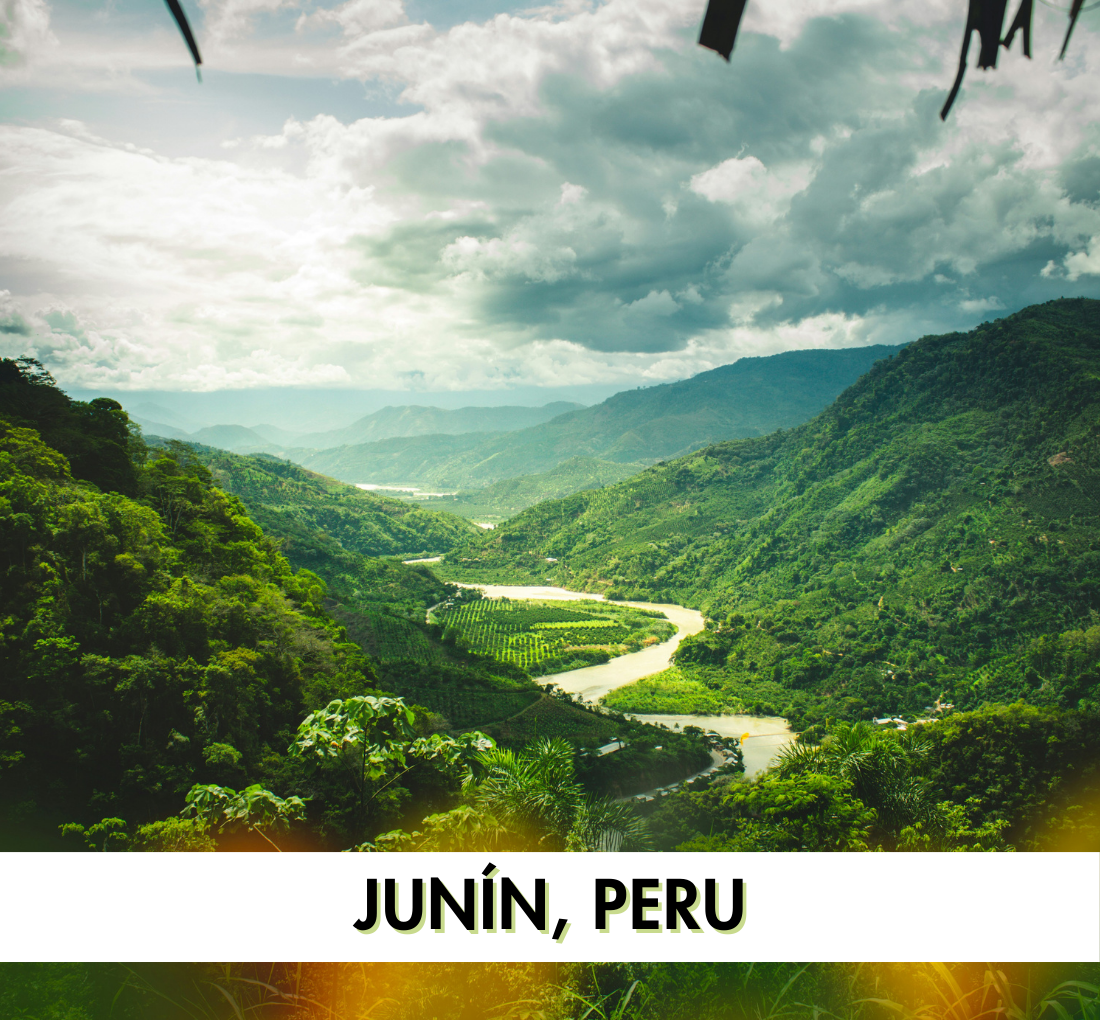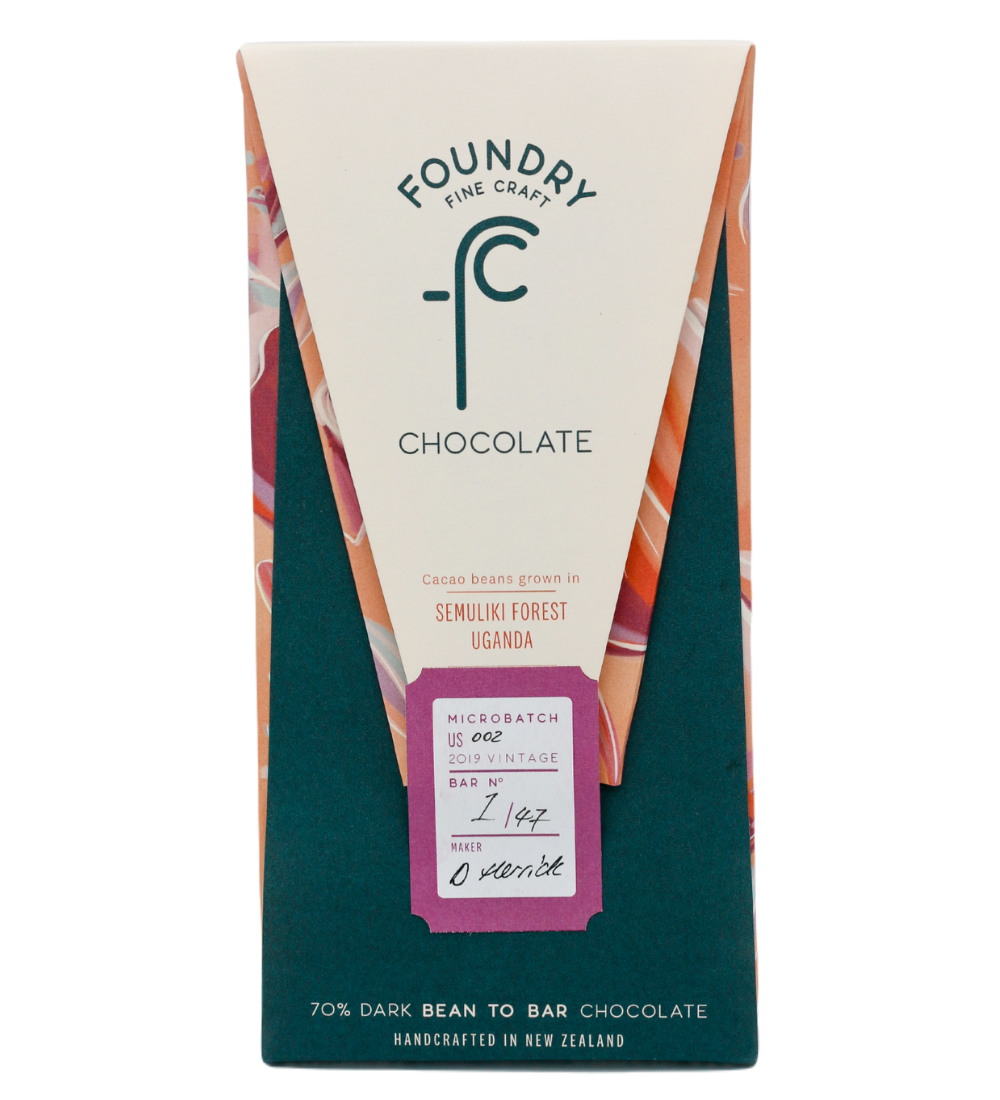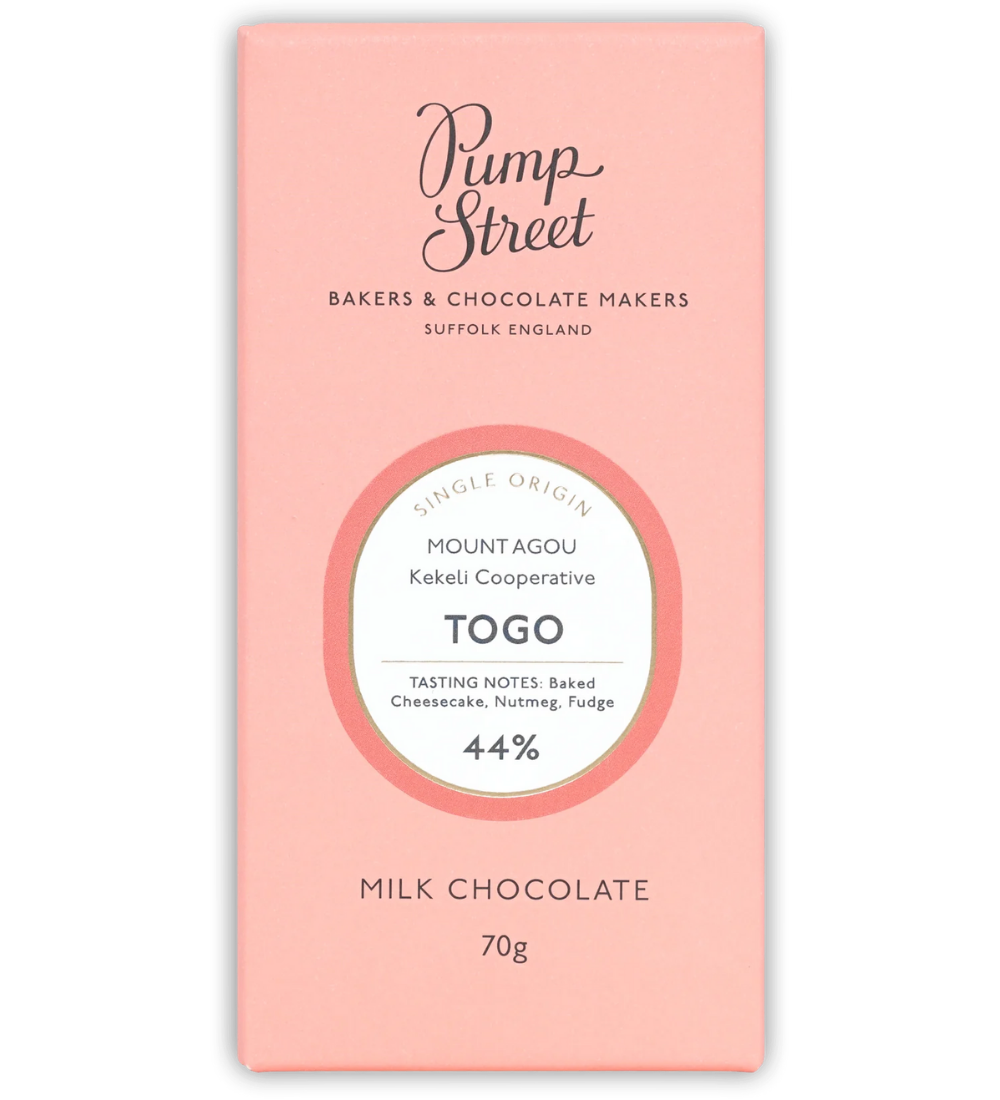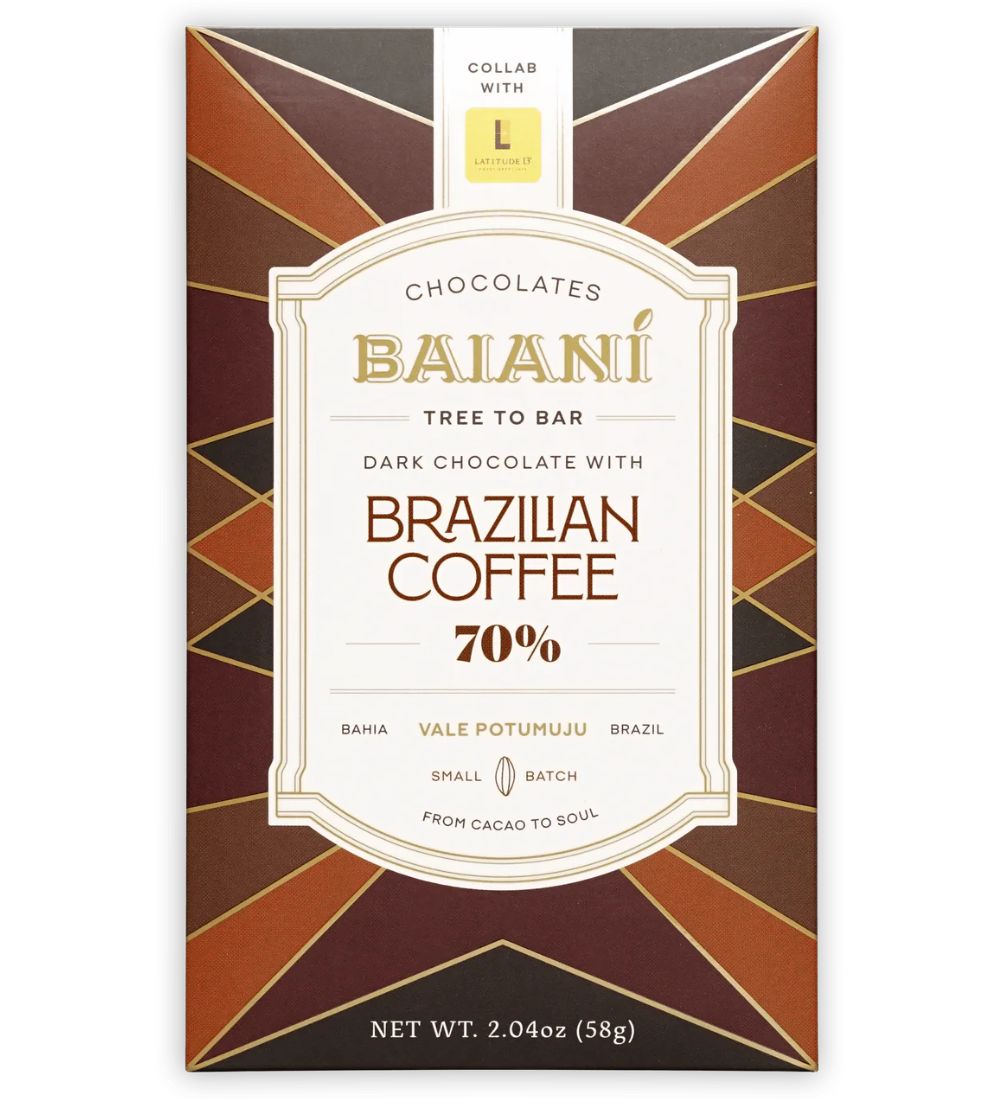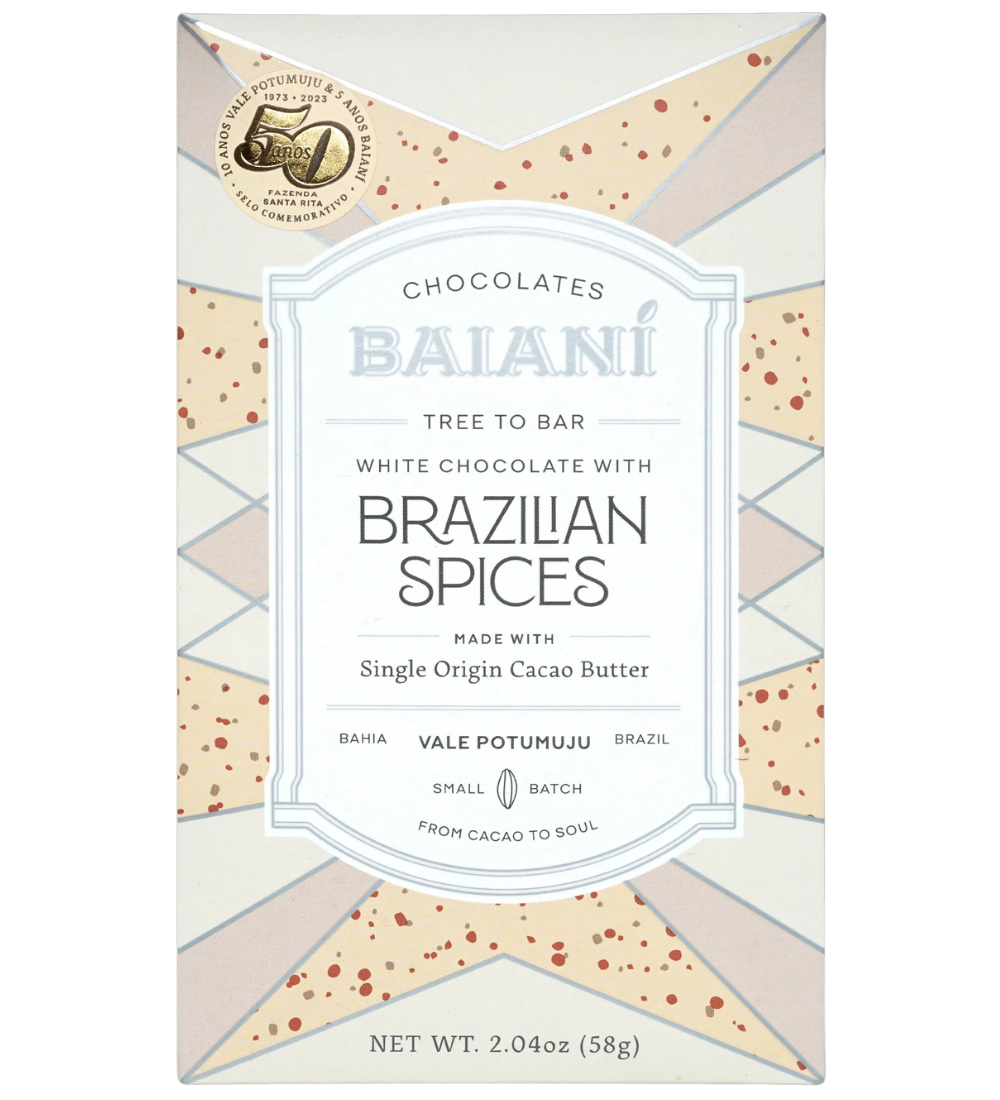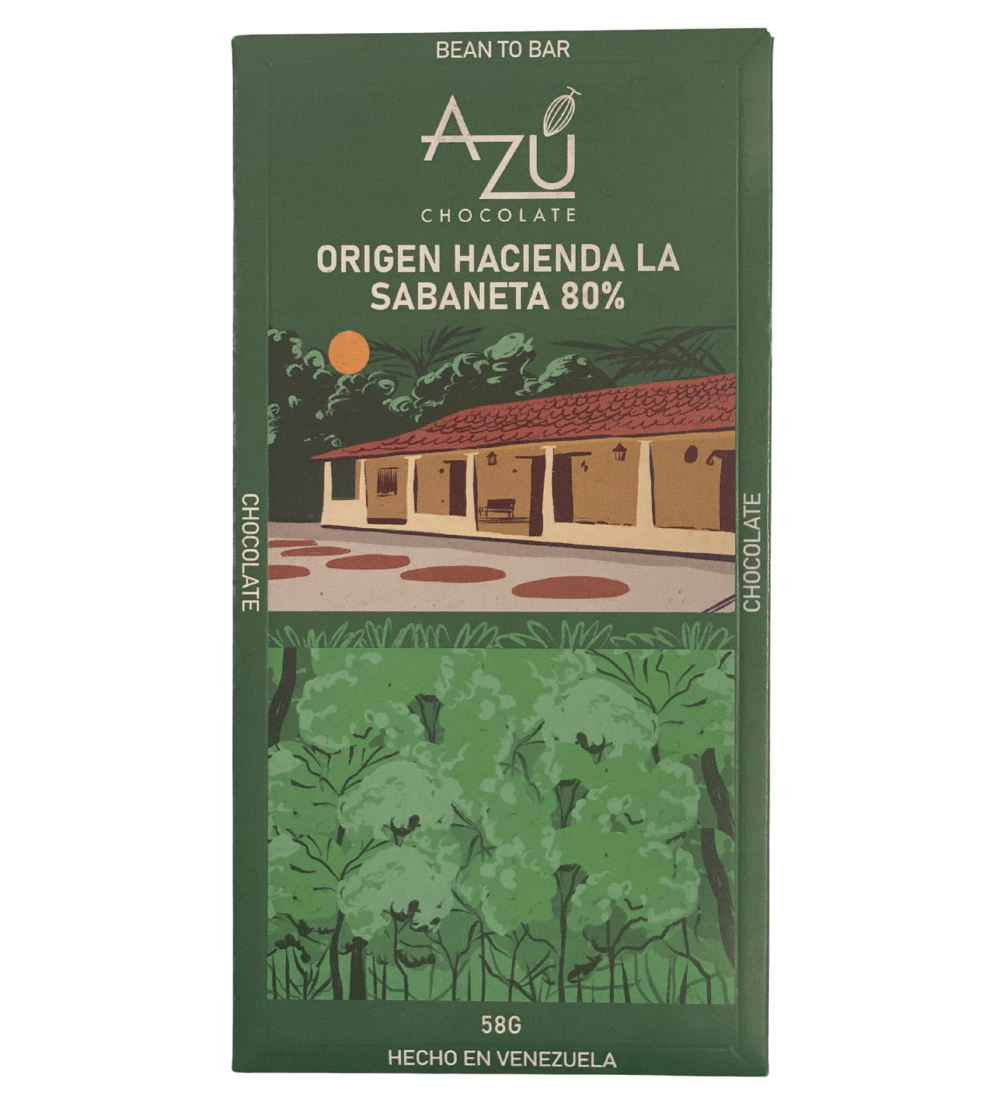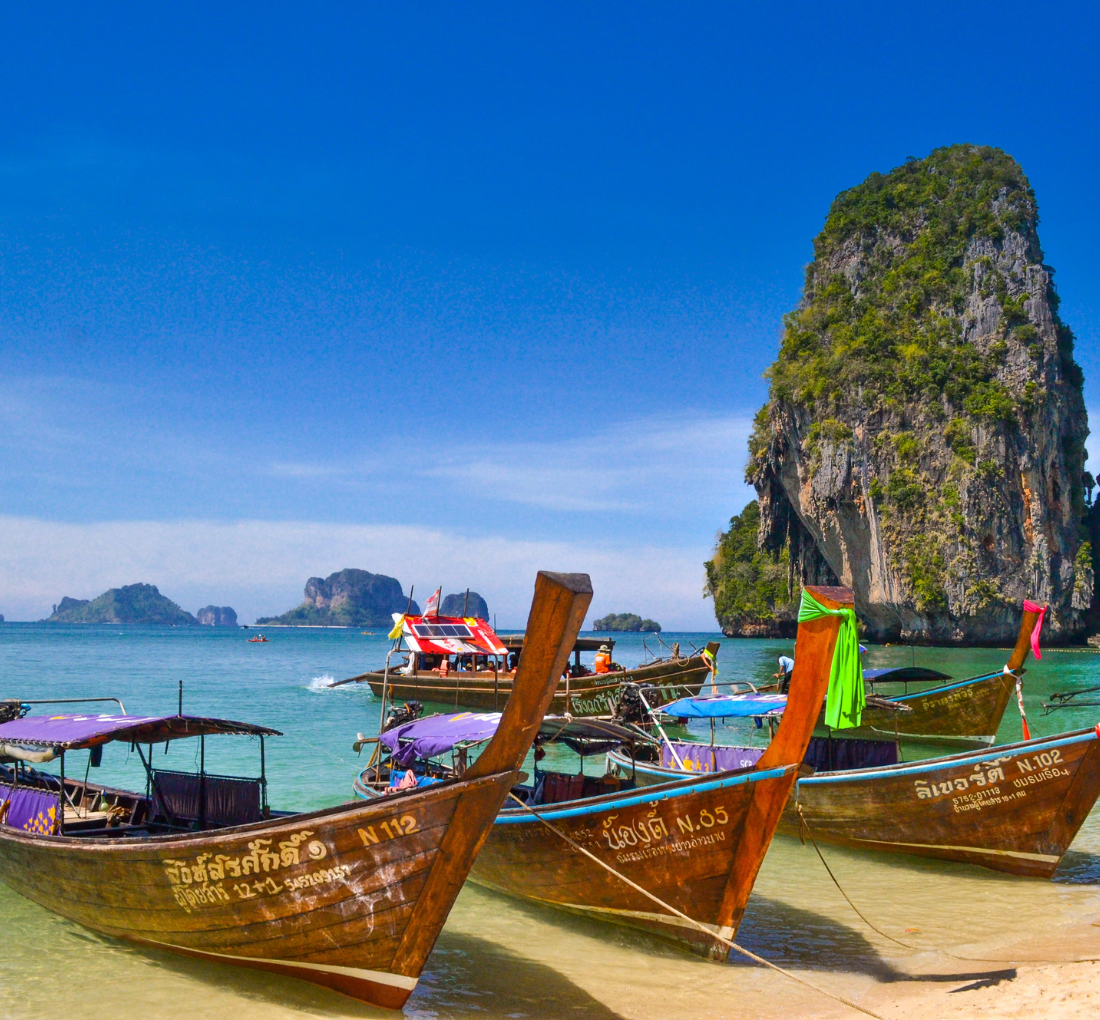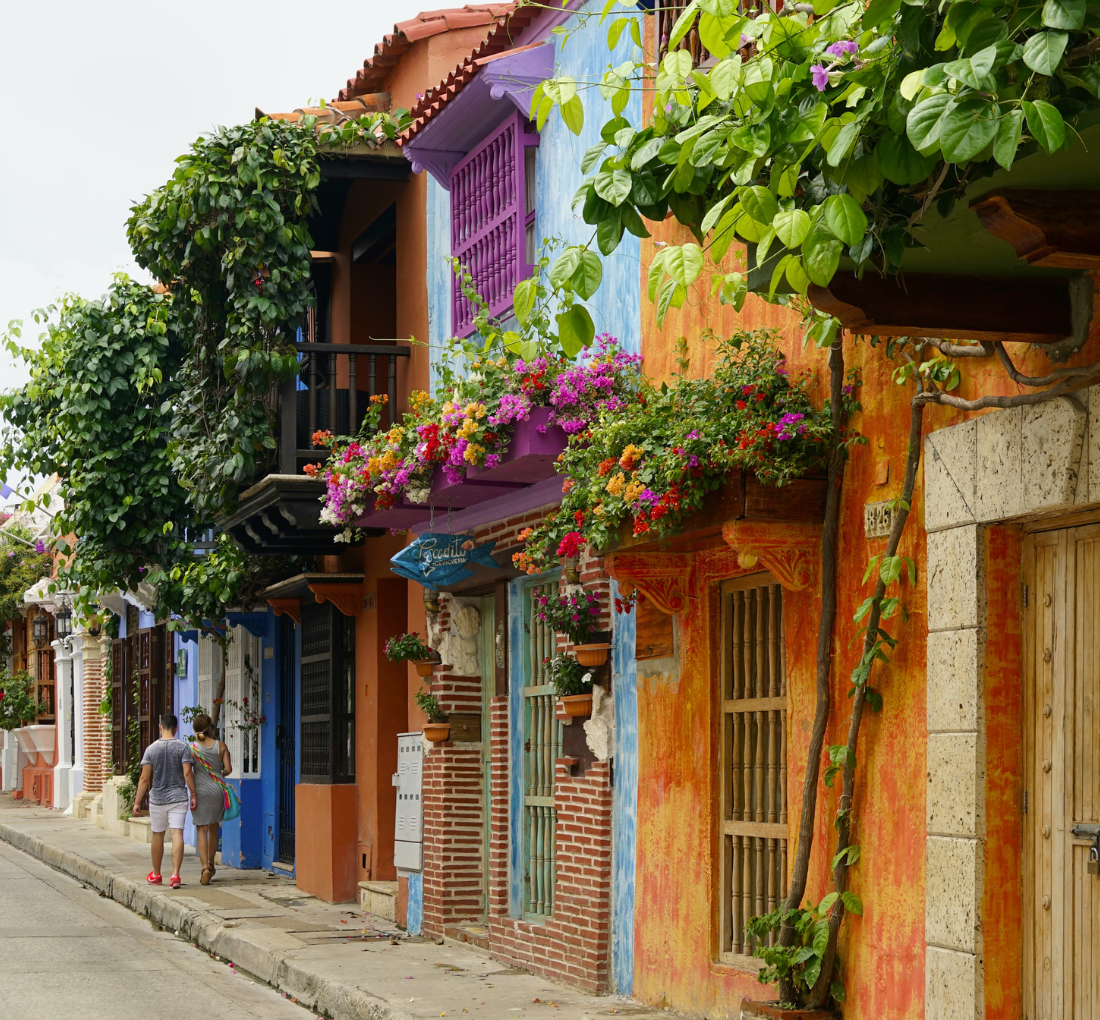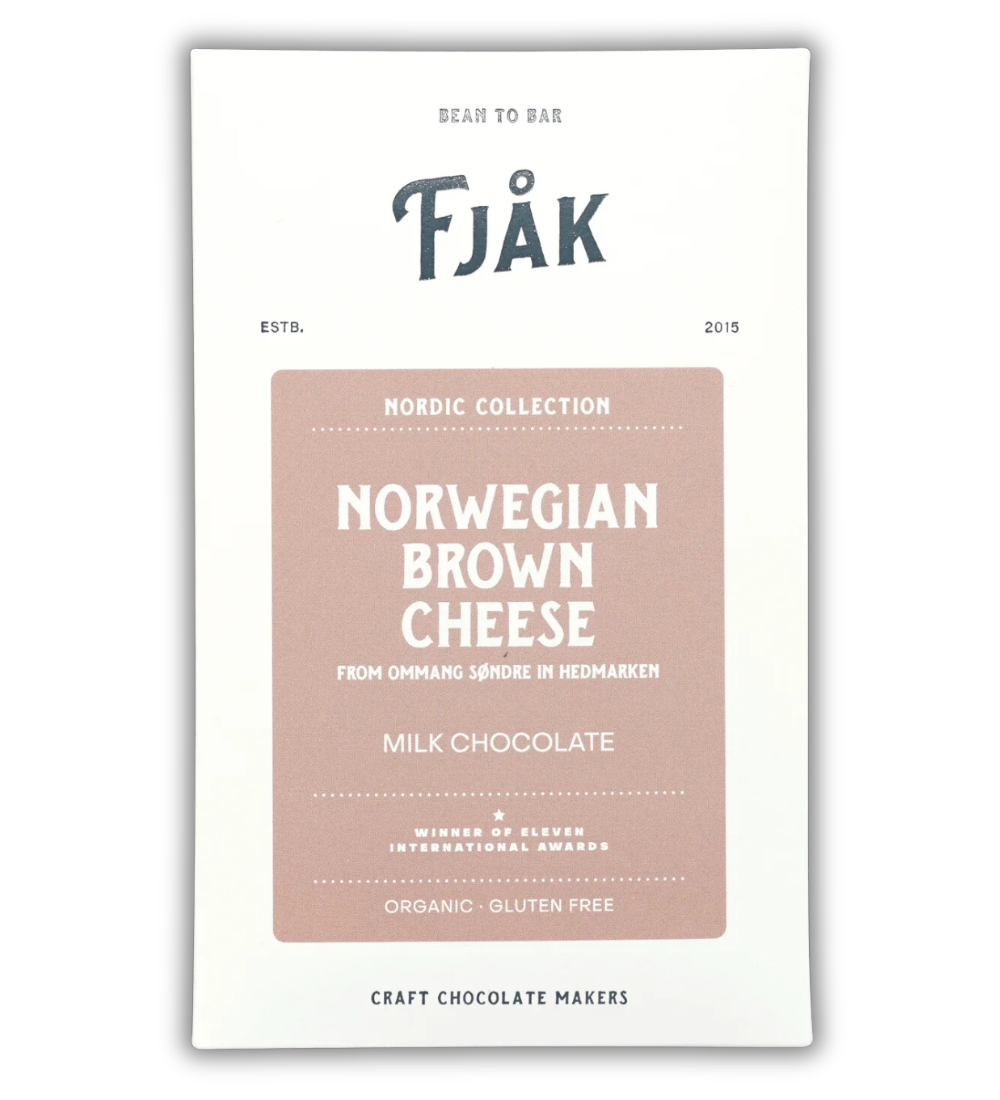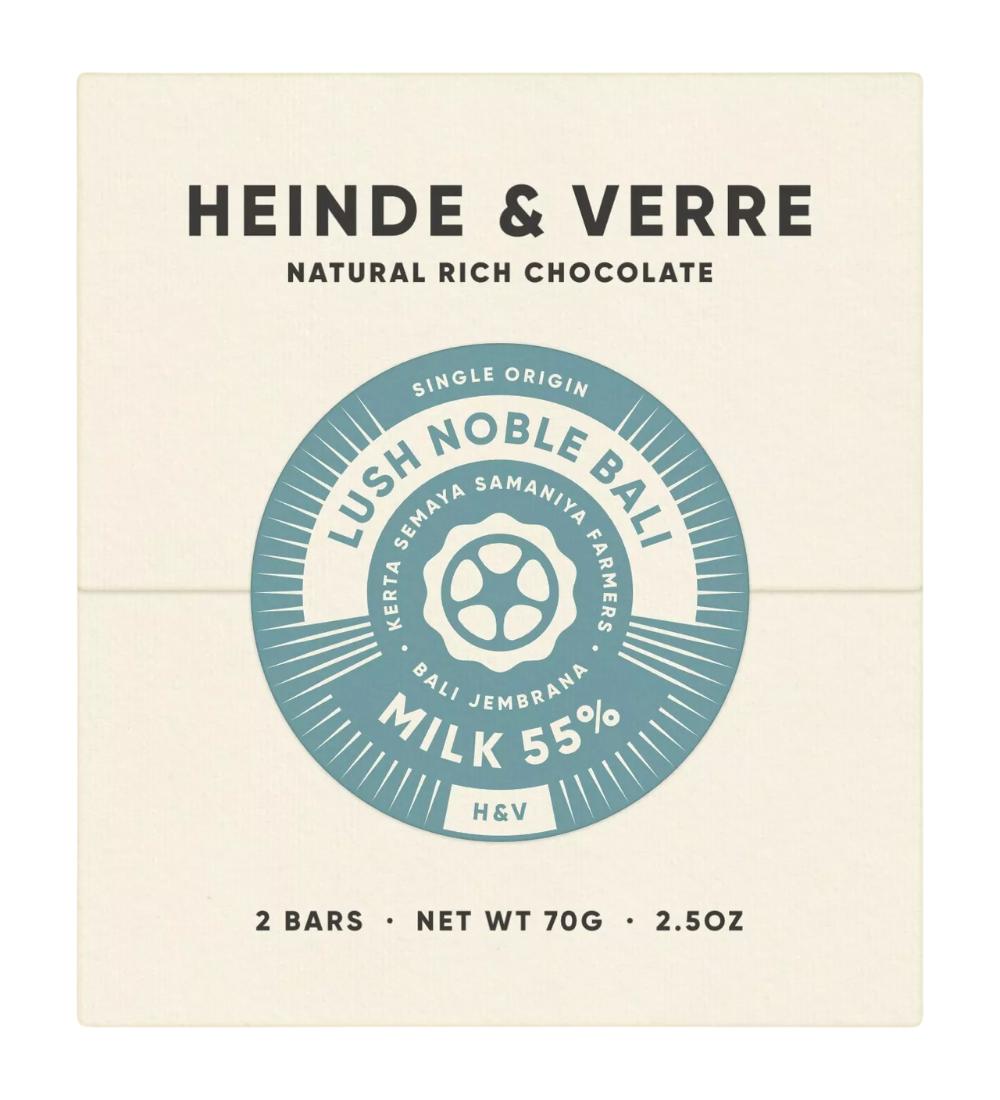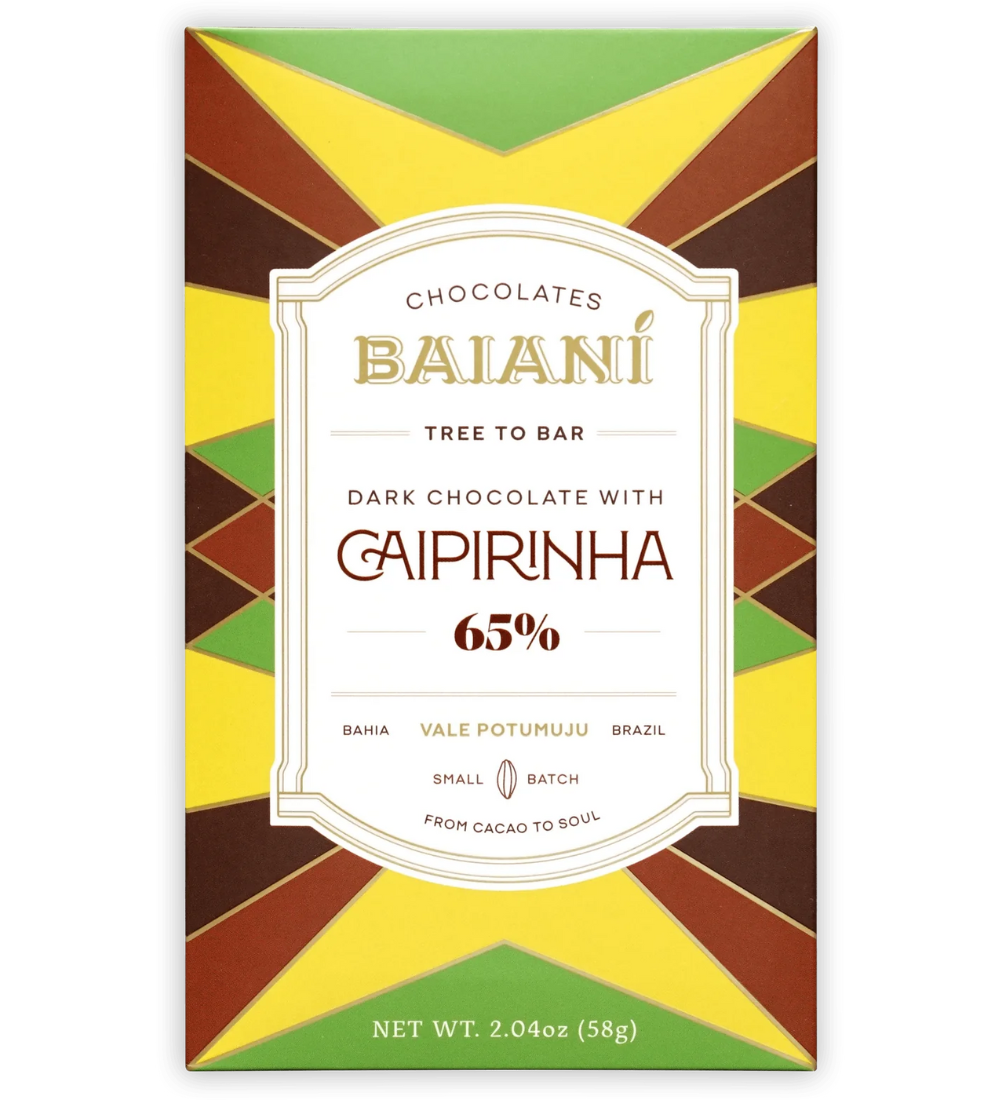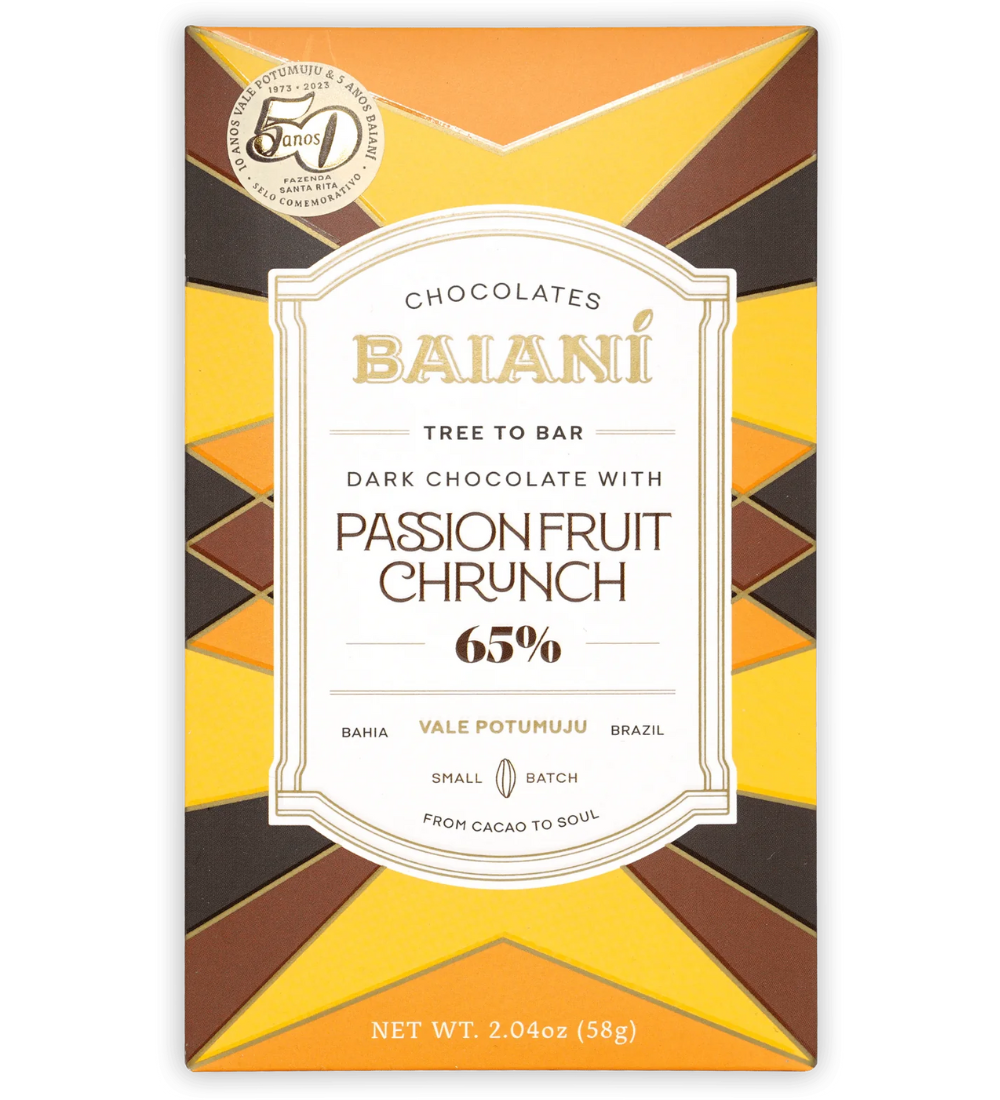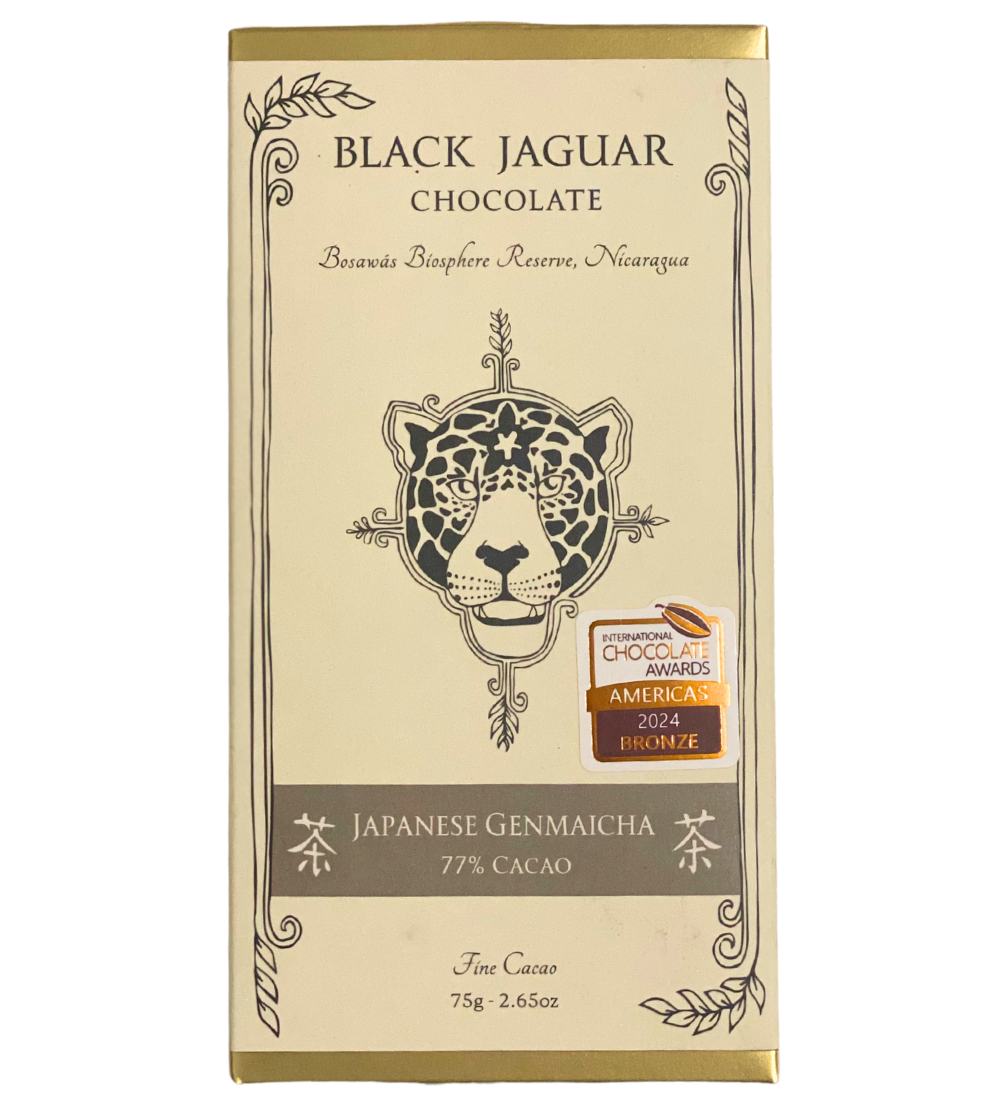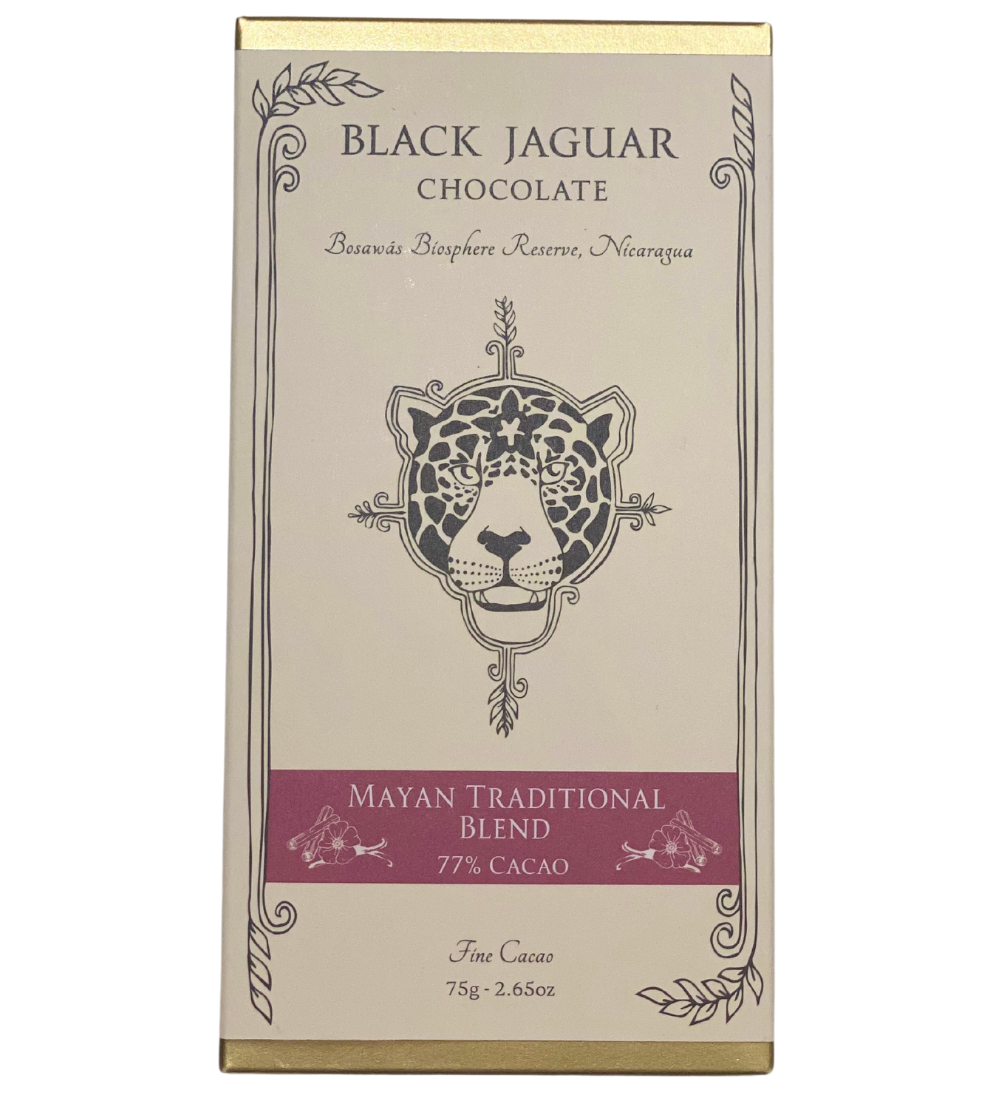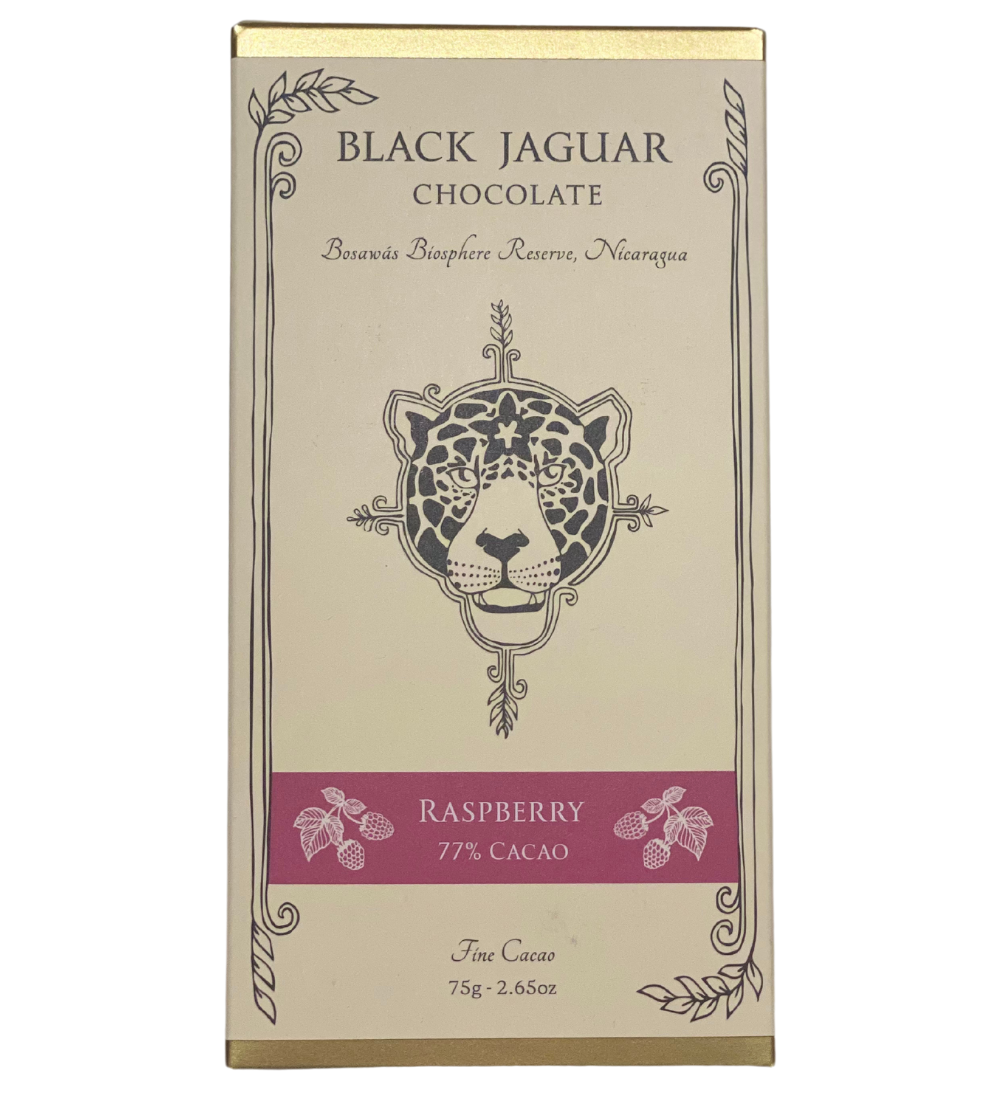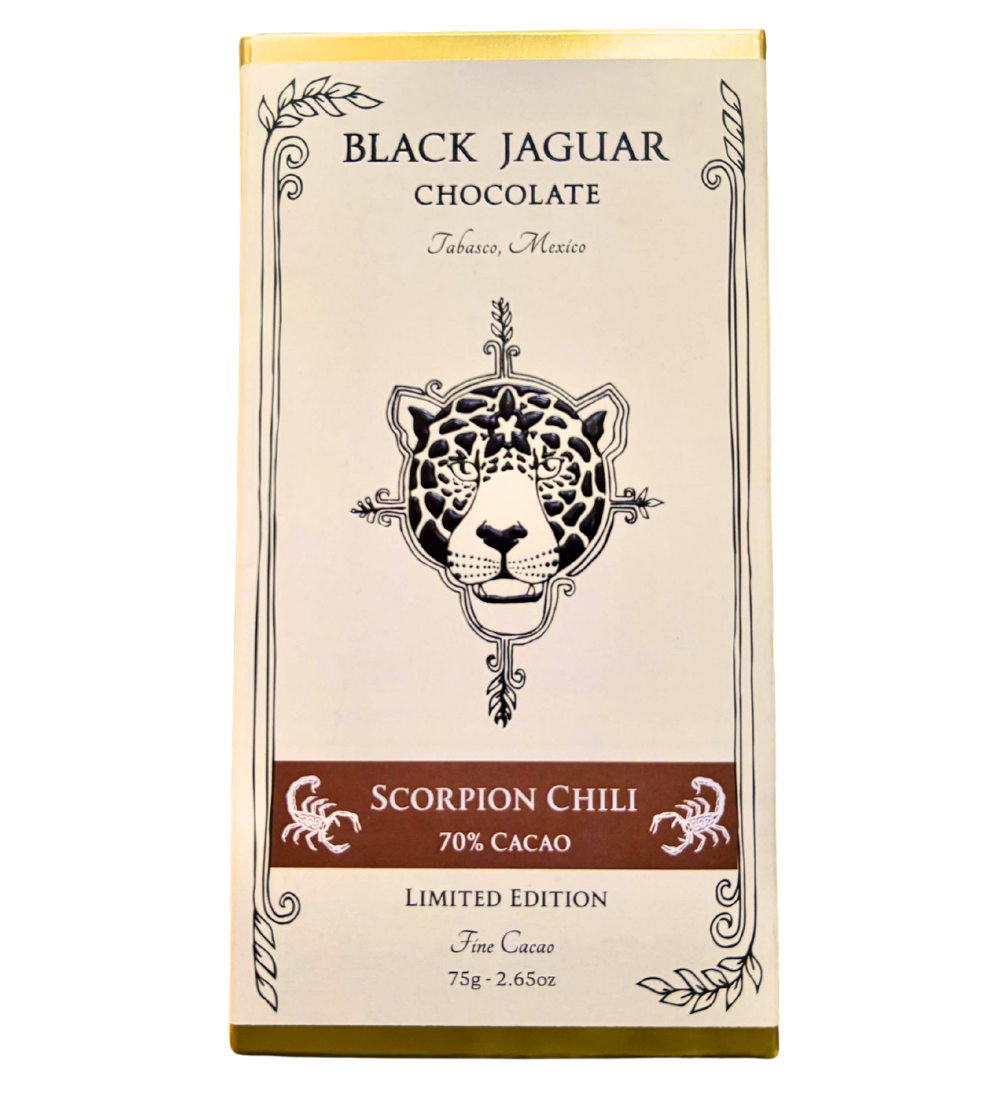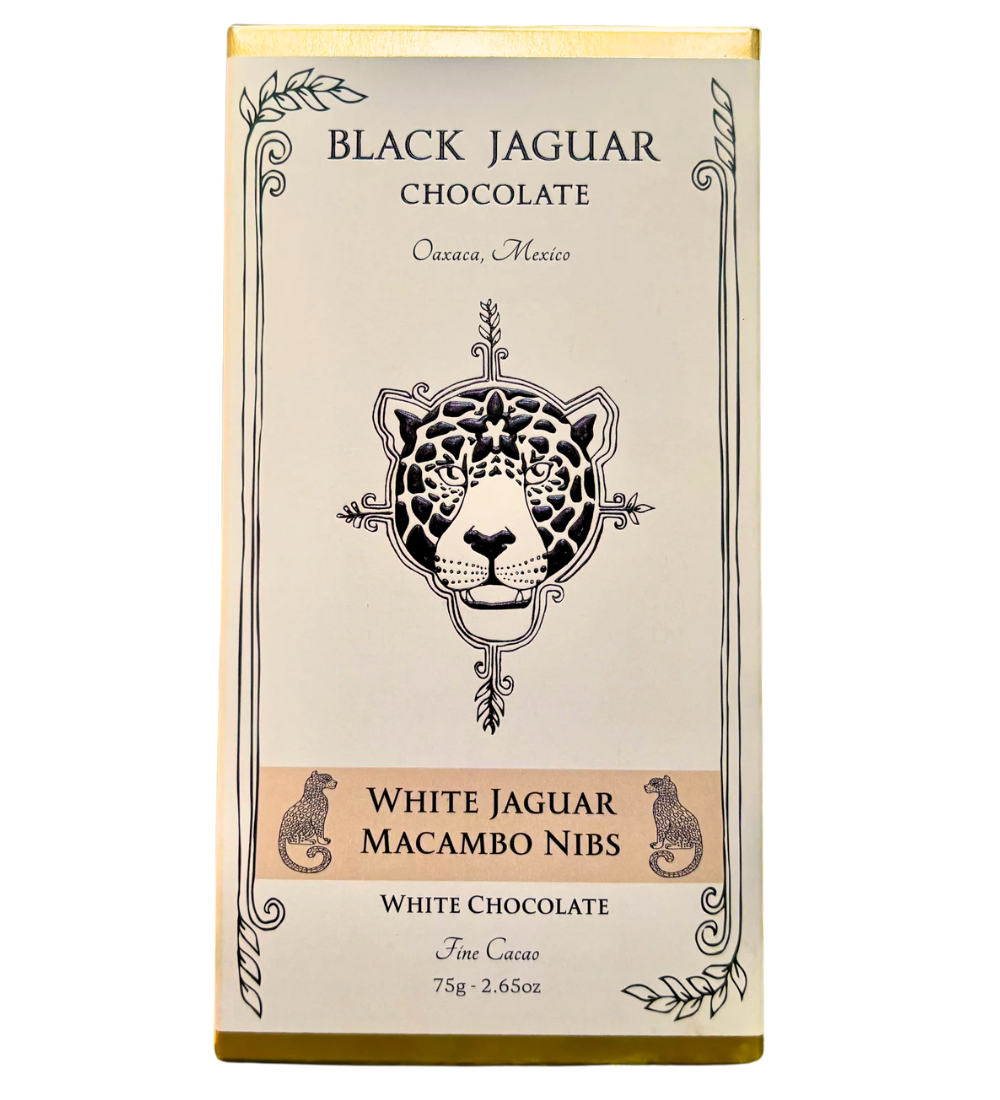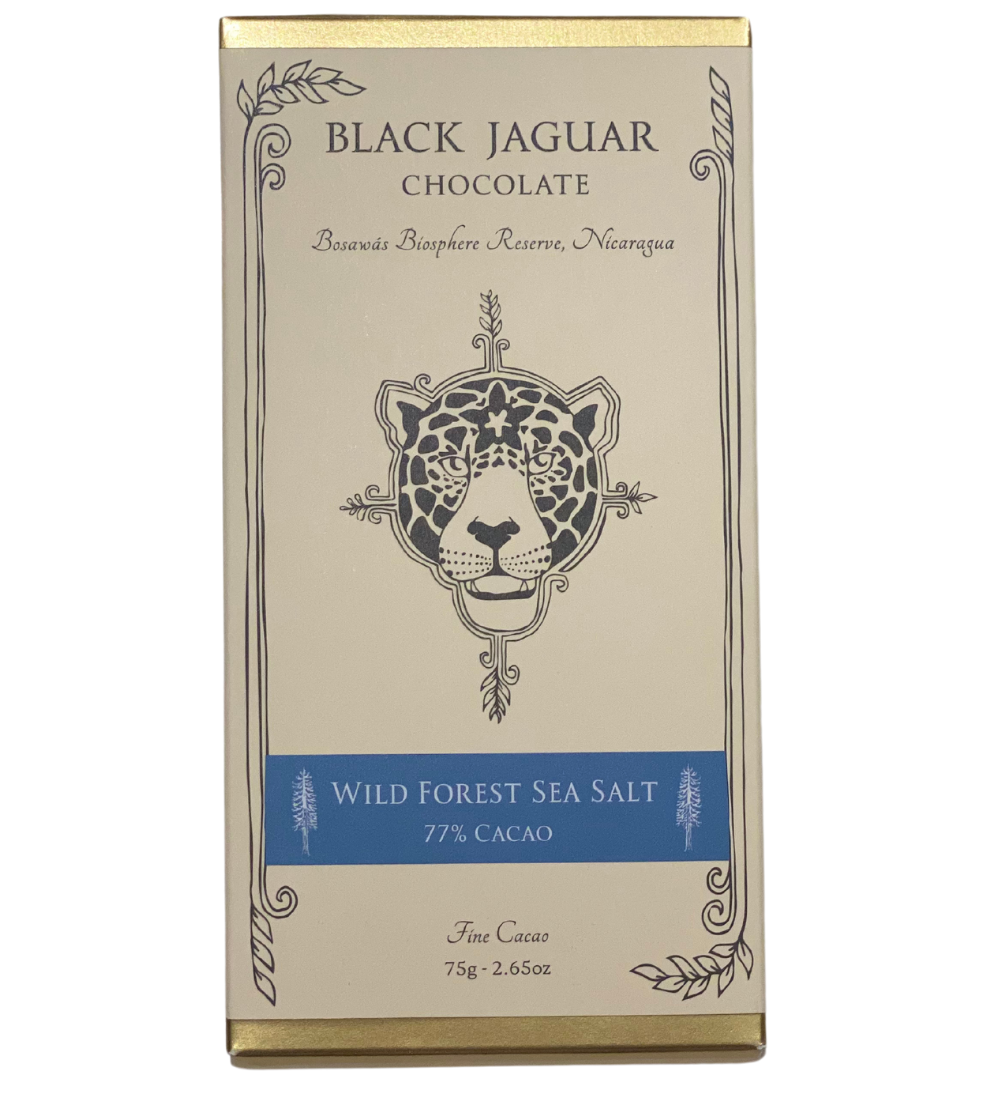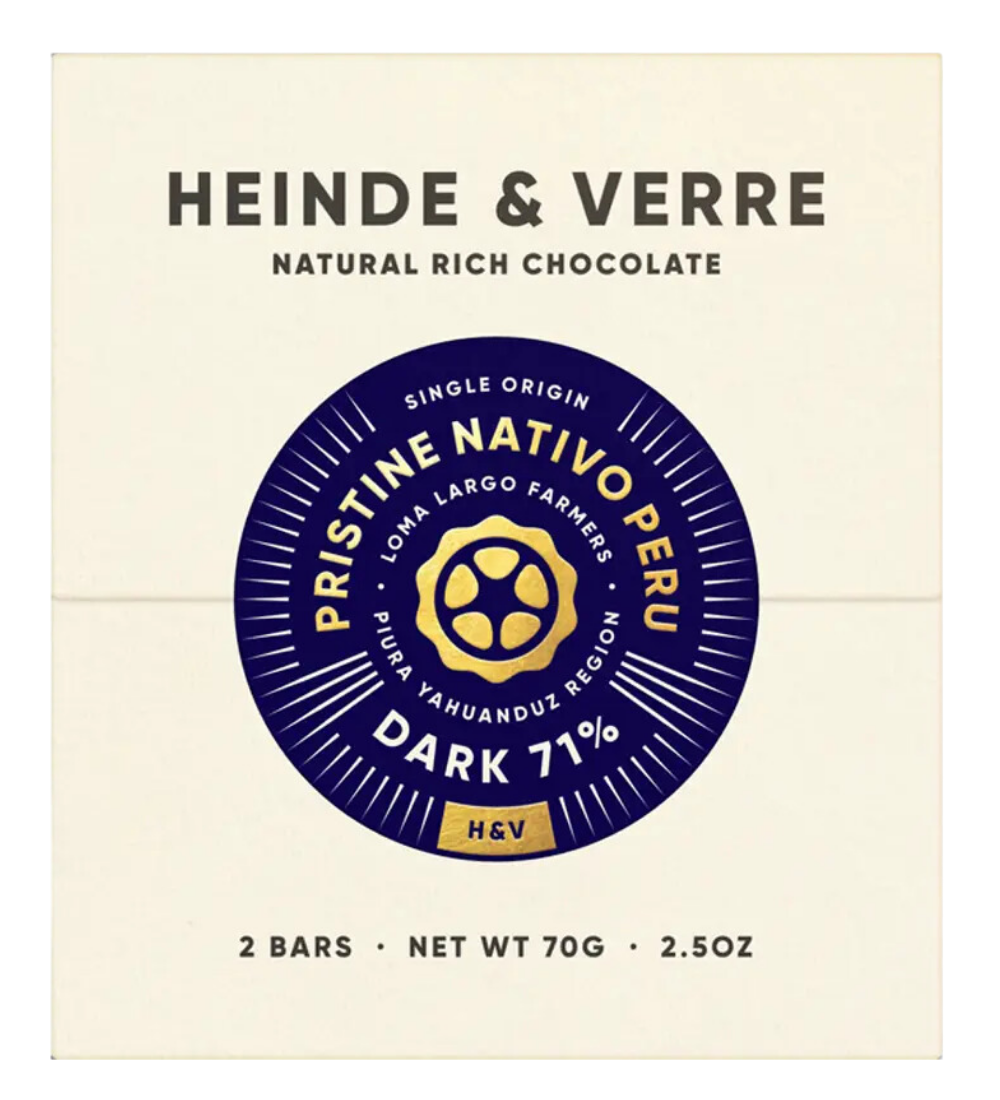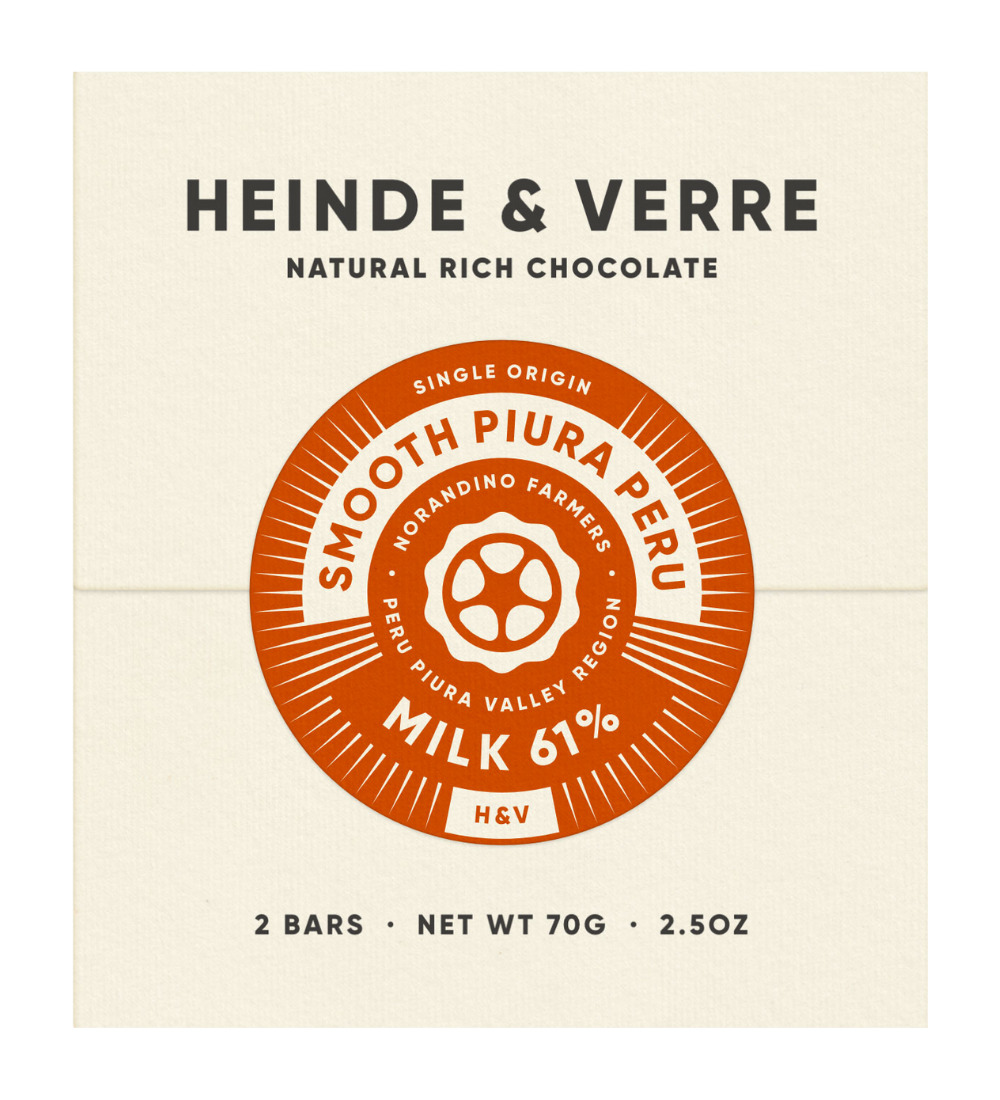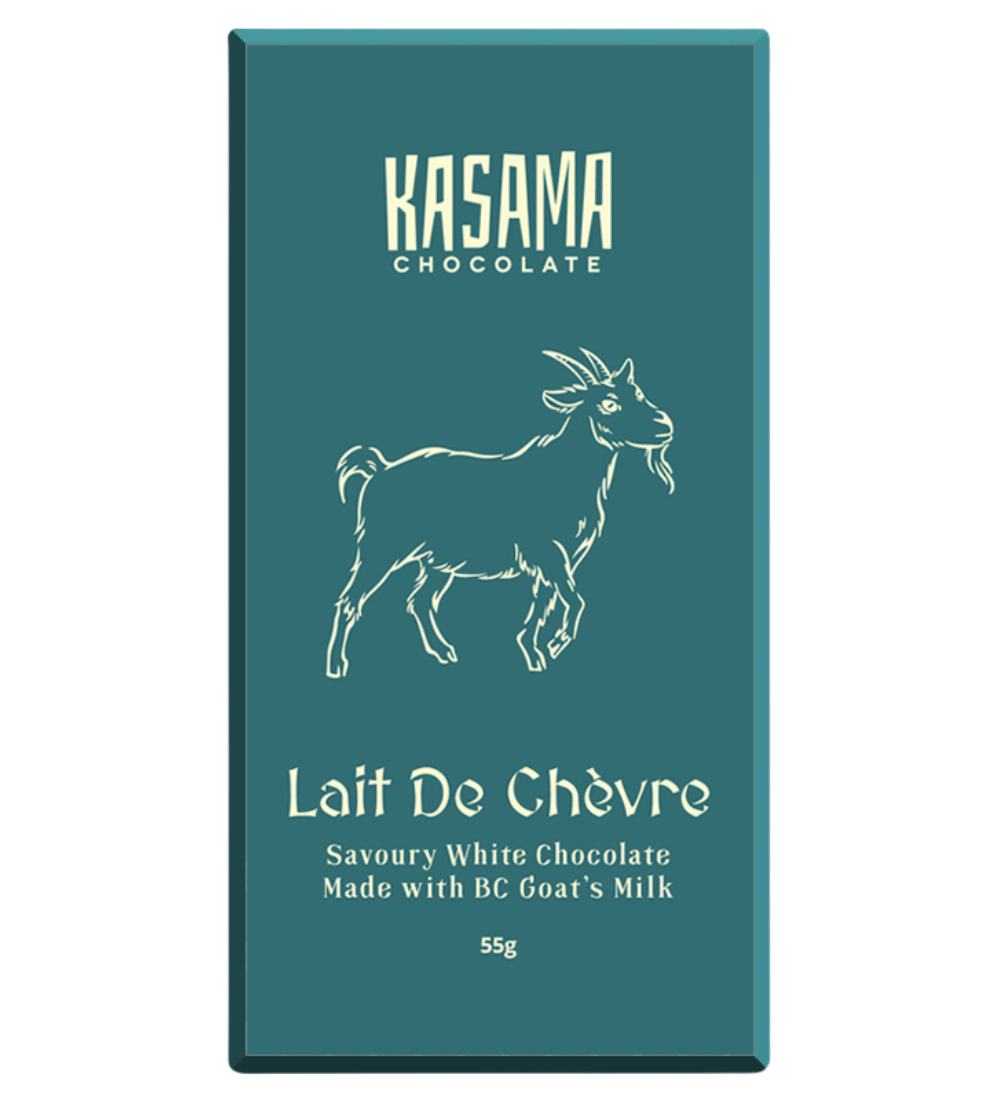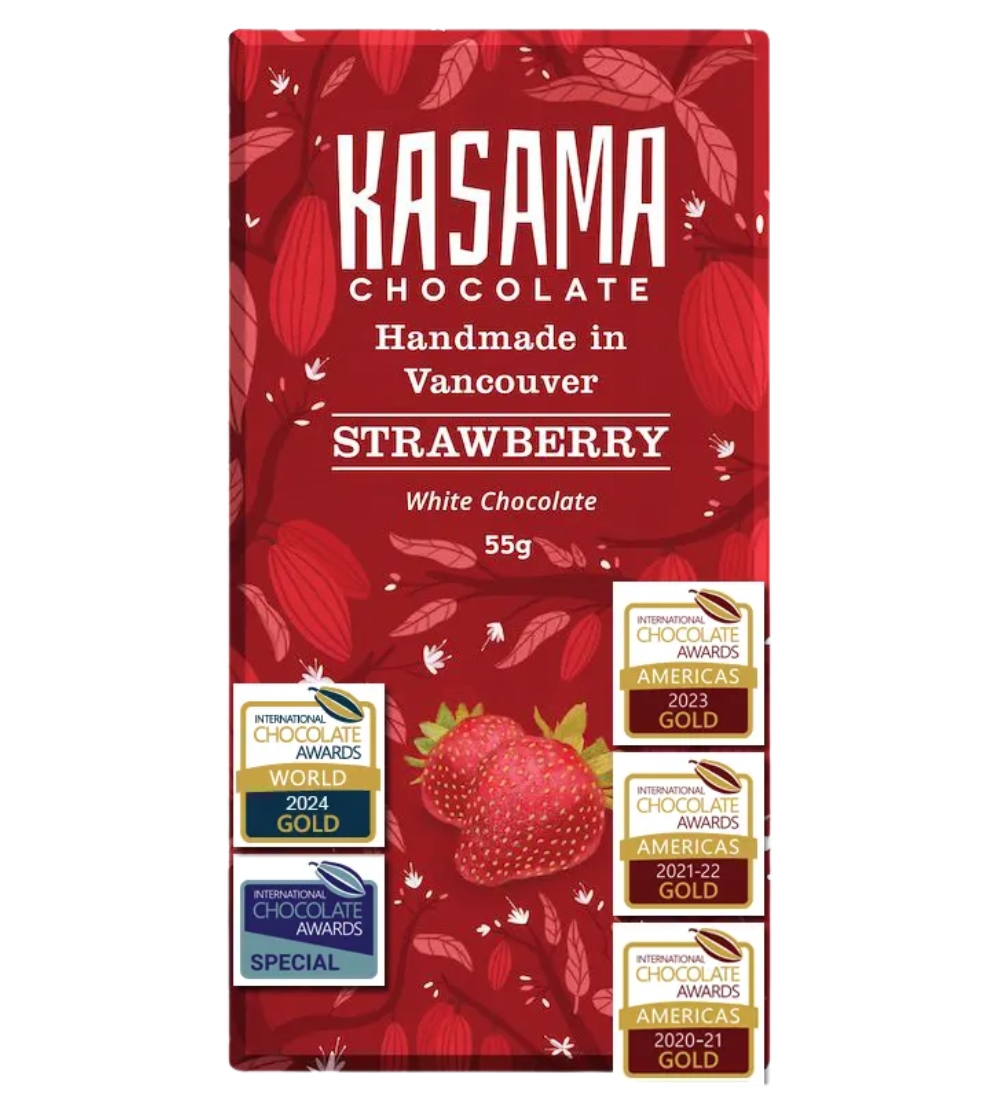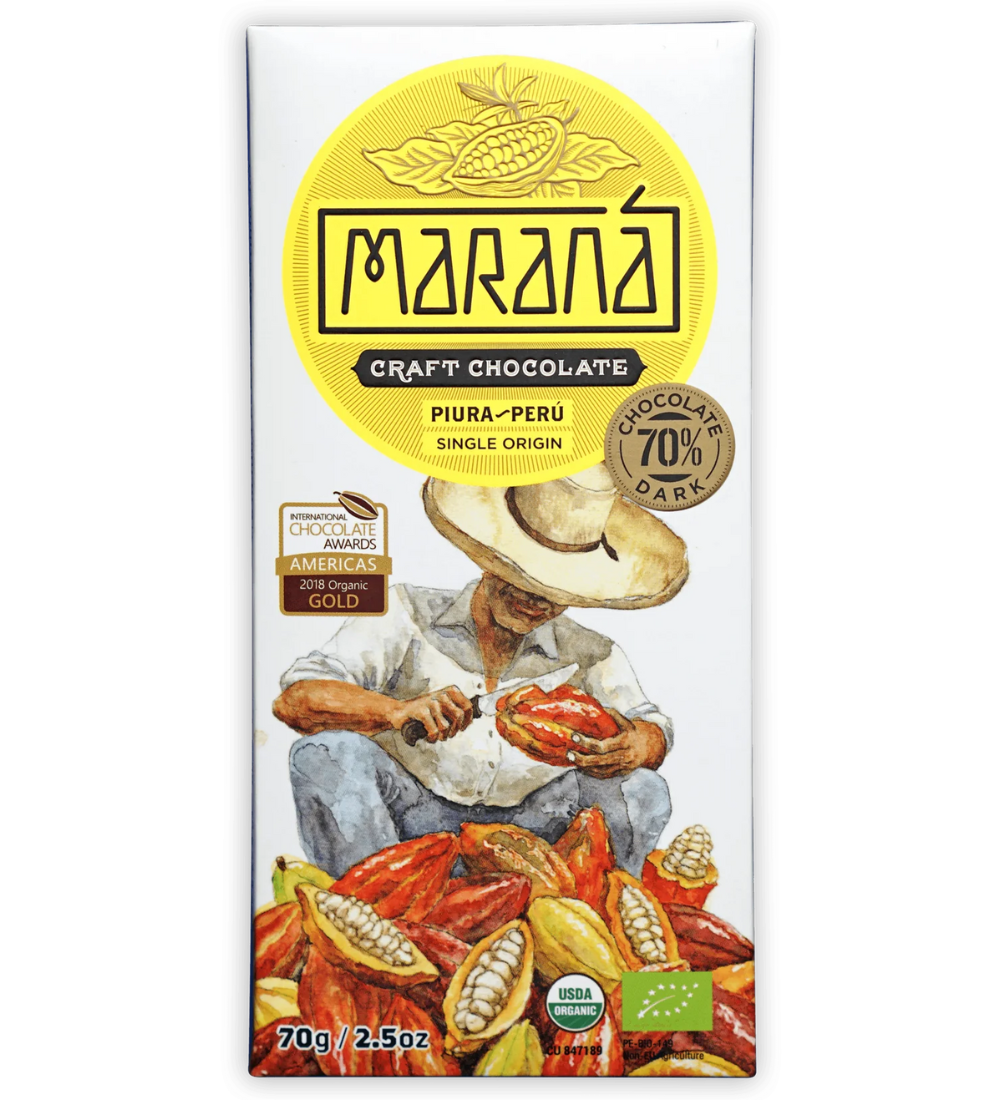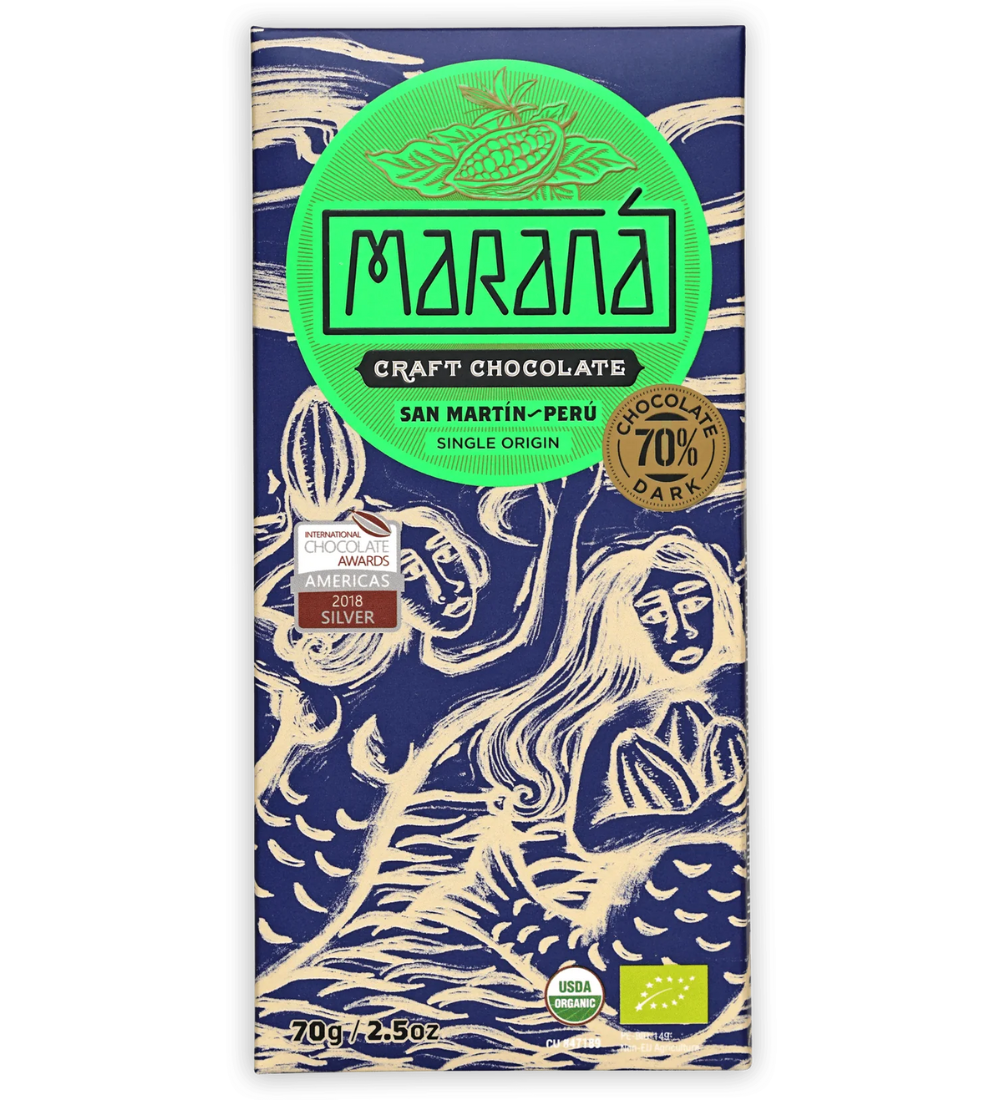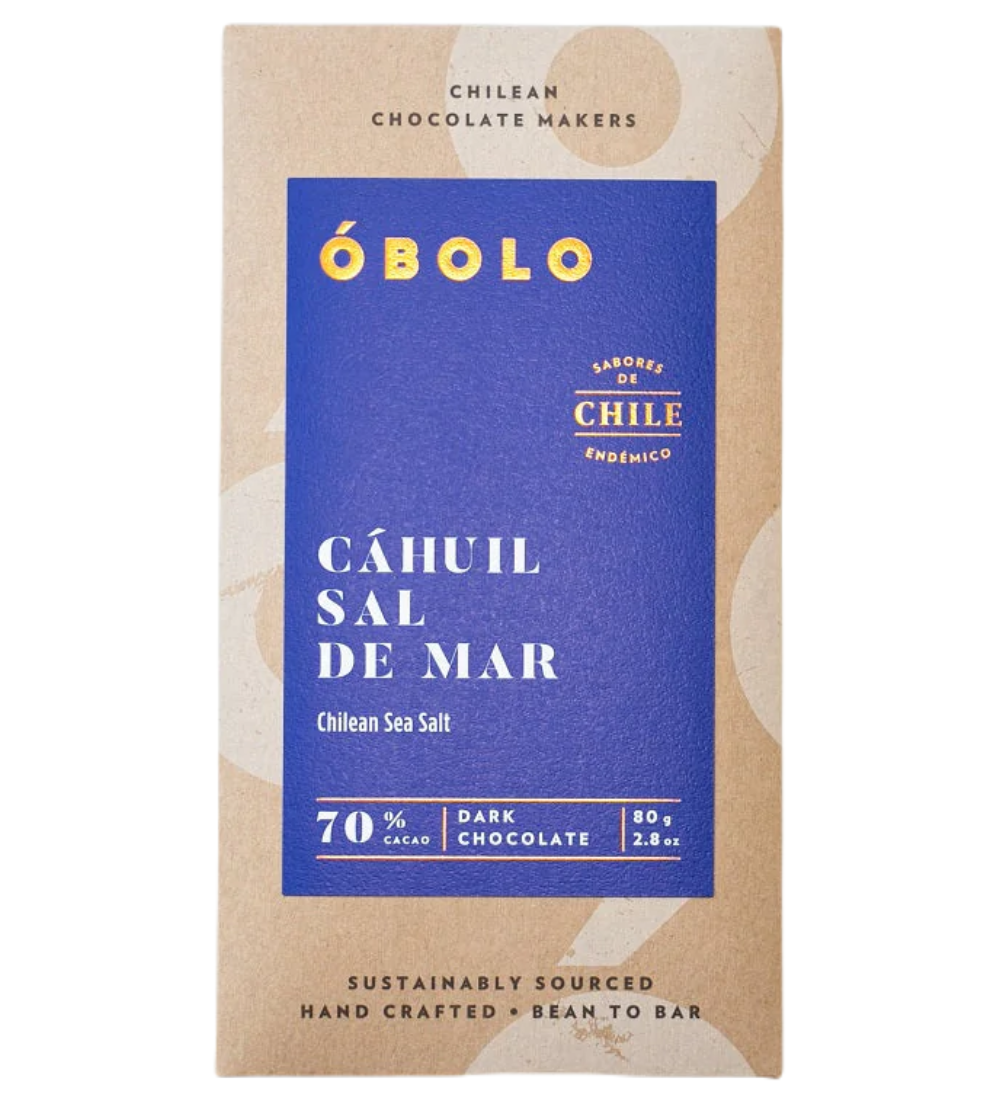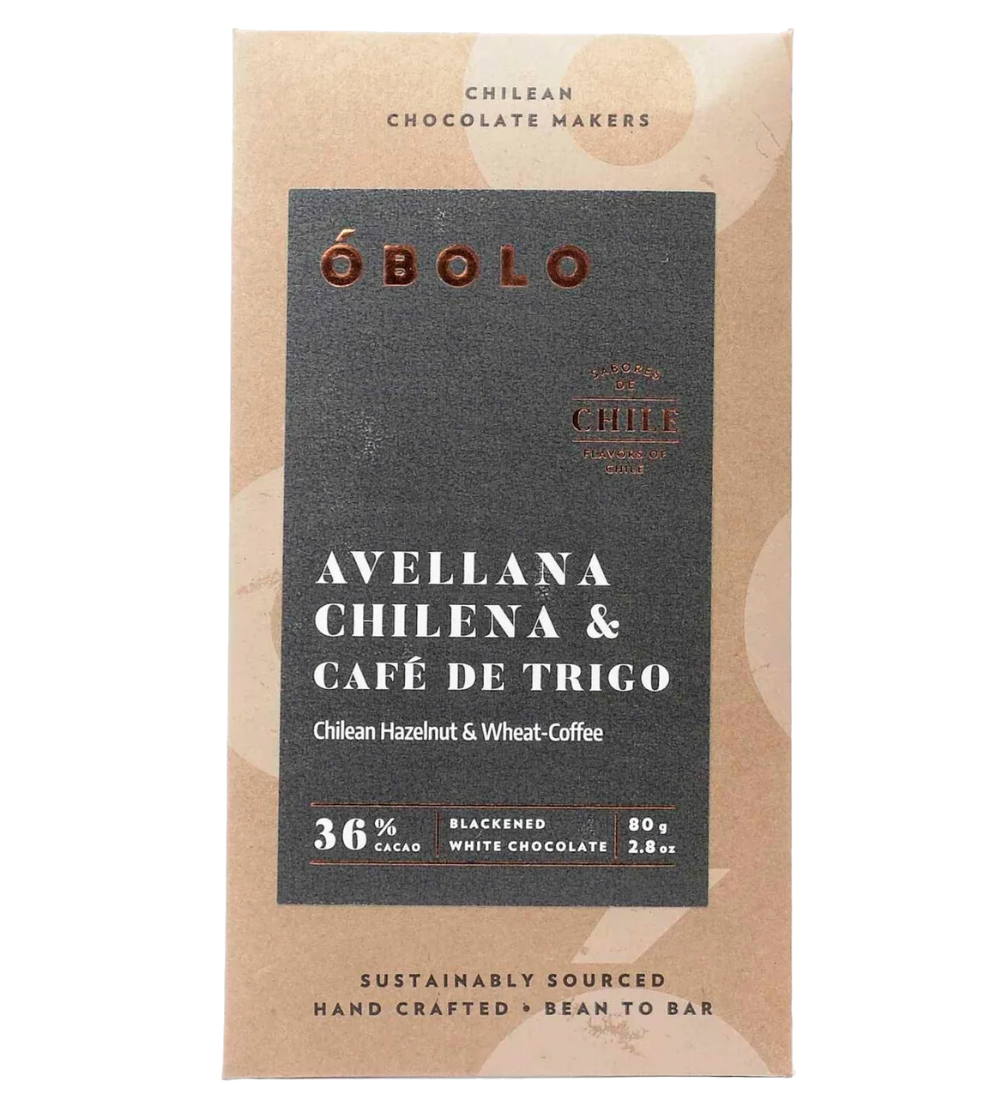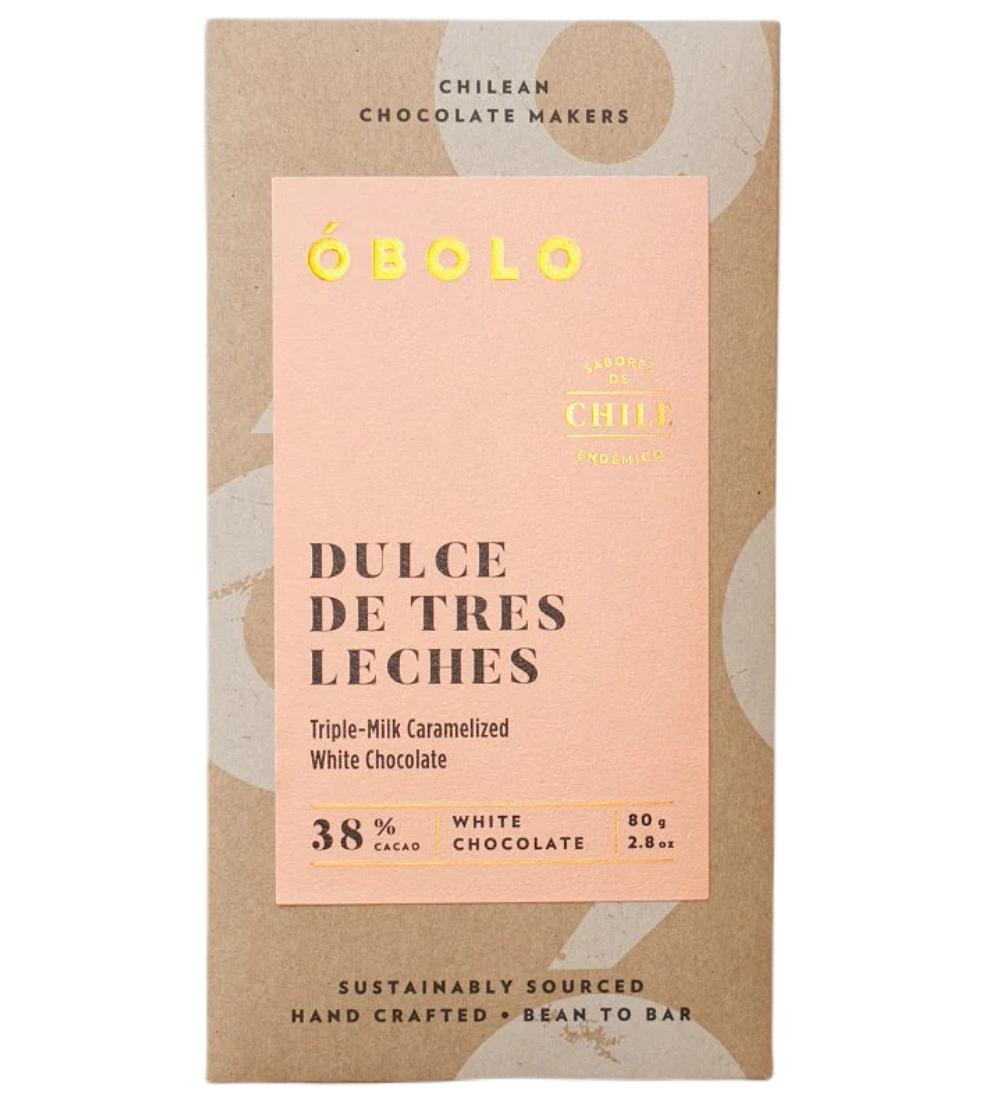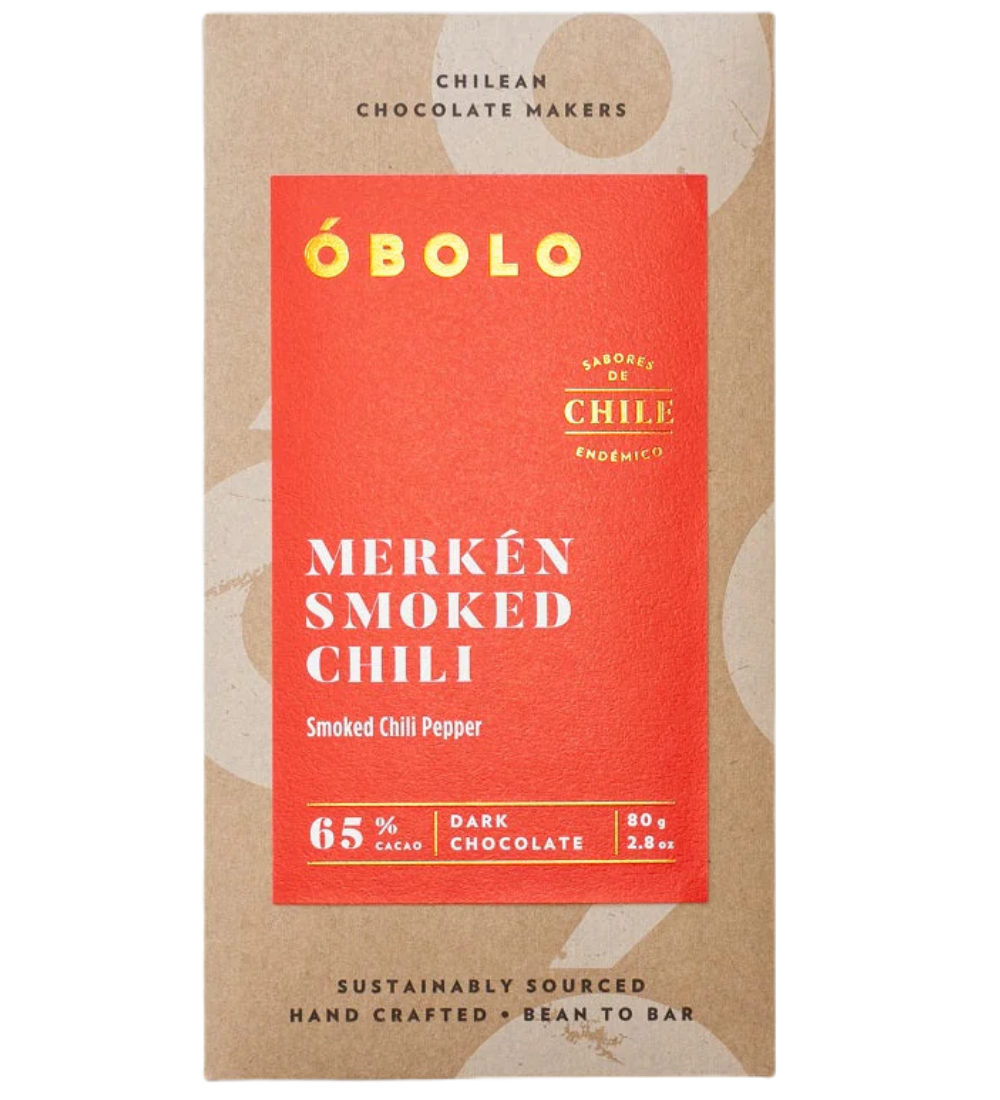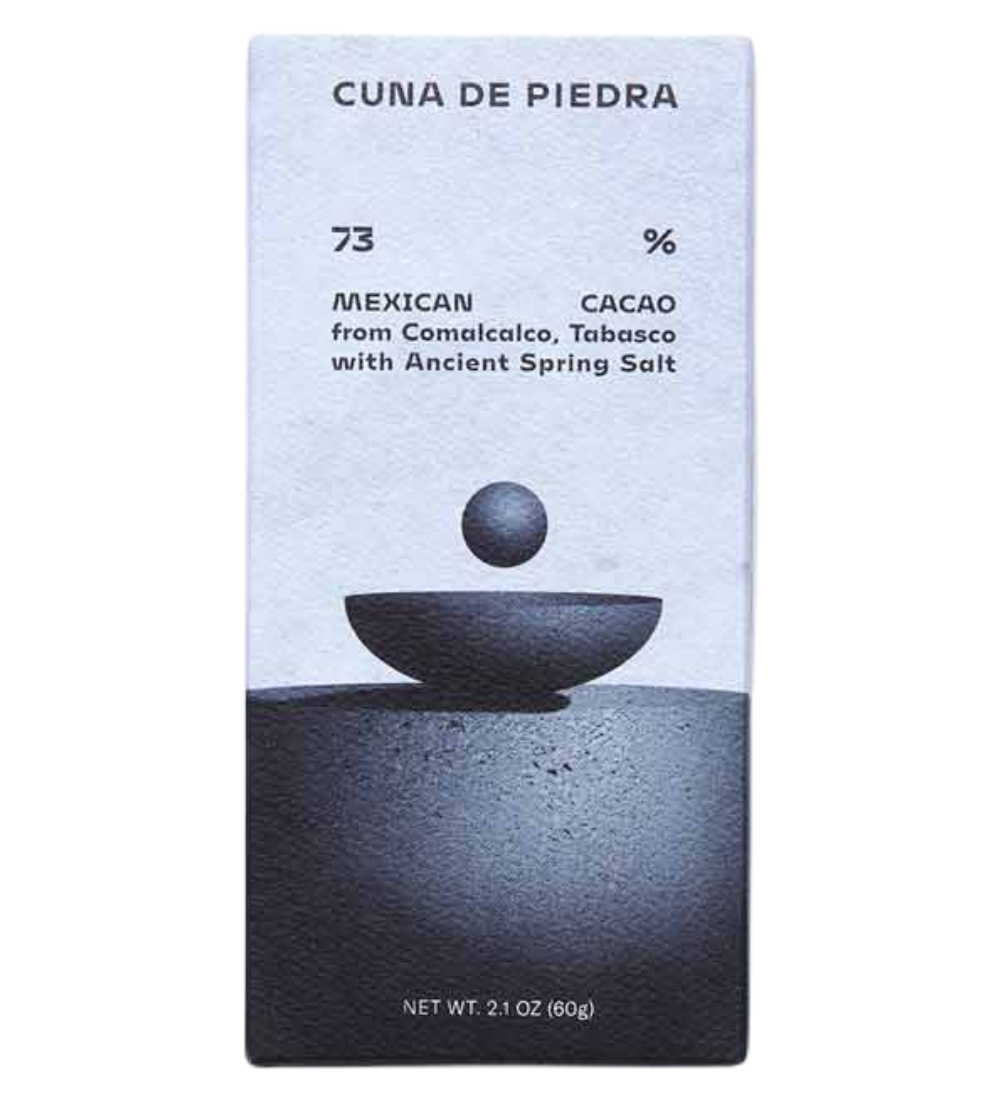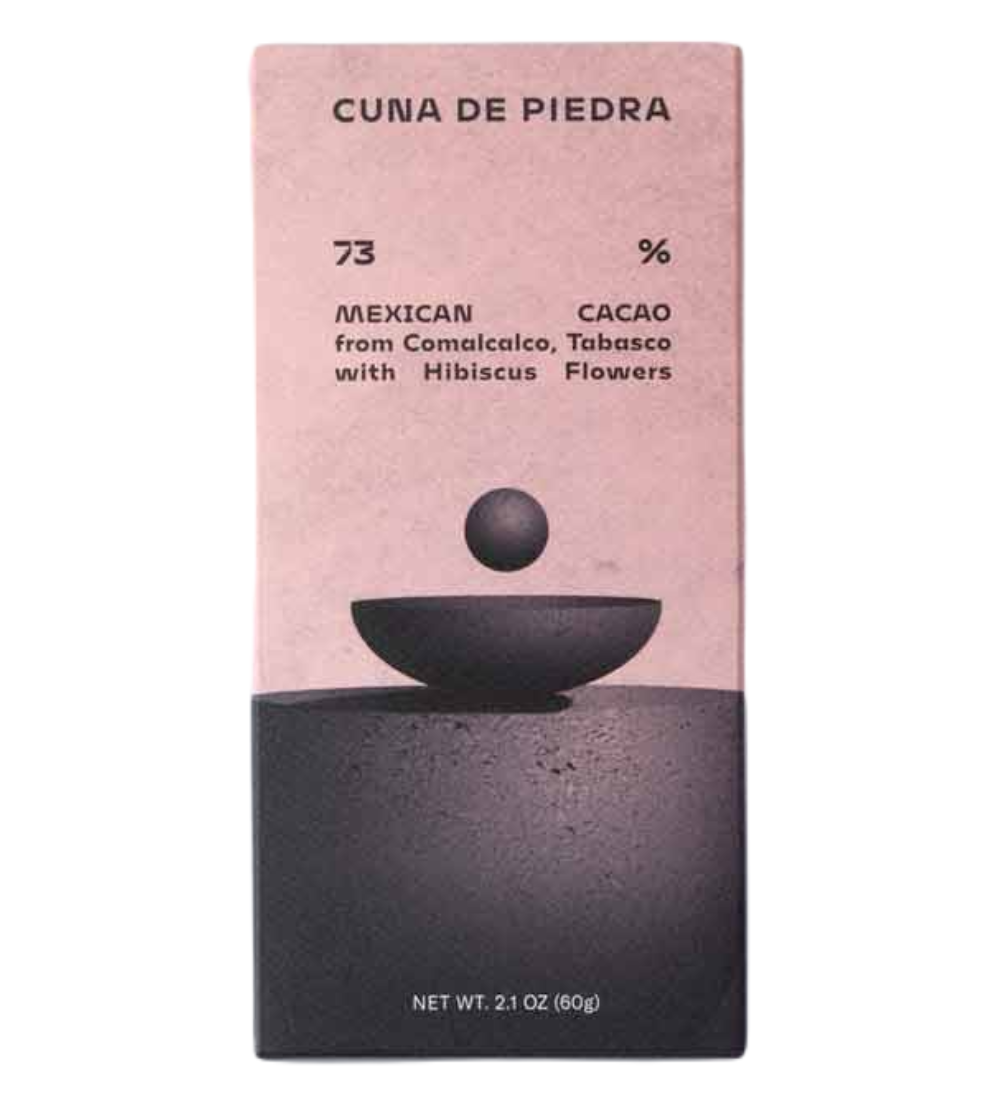Les amateurs de smoothies et autres boissons saines seront conquis par cette barre qui associe deux ingrédients (le cacao et les baies de maqui) incroyablement riches en antioxydants. Le fait qu'ils soient tous deux biologiques est un plus ! Pour ceux qui ne connaissent pas le maqui, il s'agit de petites baies violettes qui poussent dans le sud du Chili et de l'Argentine et qui sont souvent présentées comme un « super aliment ». Personnellement, j'aime son goût, qui se rapproche de celui de l'açaï, de la fraise ou de la mûre. Son goût est plus foncé que 50 % et il contient suffisamment de tannins et d'acidité de cacao pour équilibrer la combinaison de baies acidulées et de lait sucré à la vanille.
Óbolo Patagonia Maqui Nativo Lait Noir 50%
Origine du cacao : Pérou
Pays producteur : Chili
Poids : 80g
Adding product to your cart
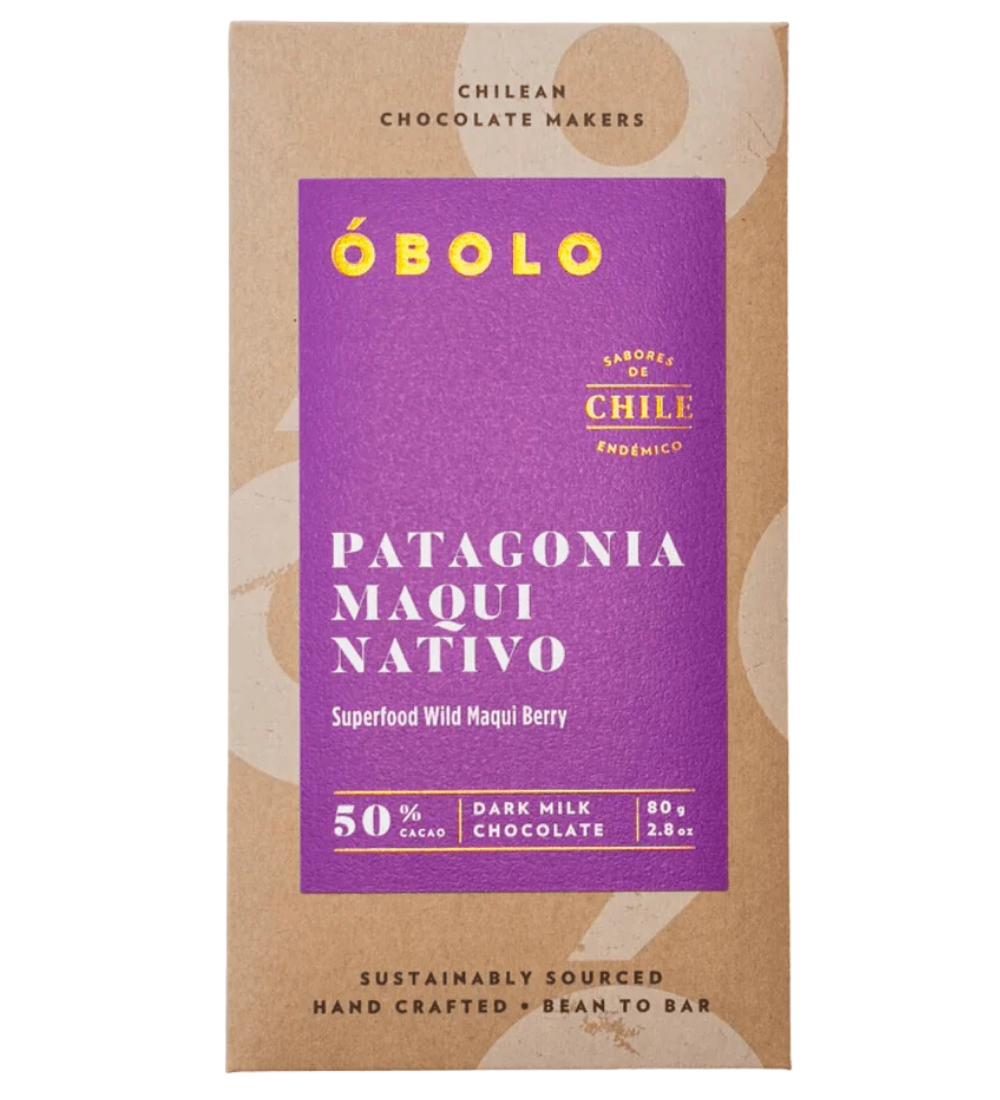
Óbolo Patagonia Maqui Nativo Lait Noir 50%
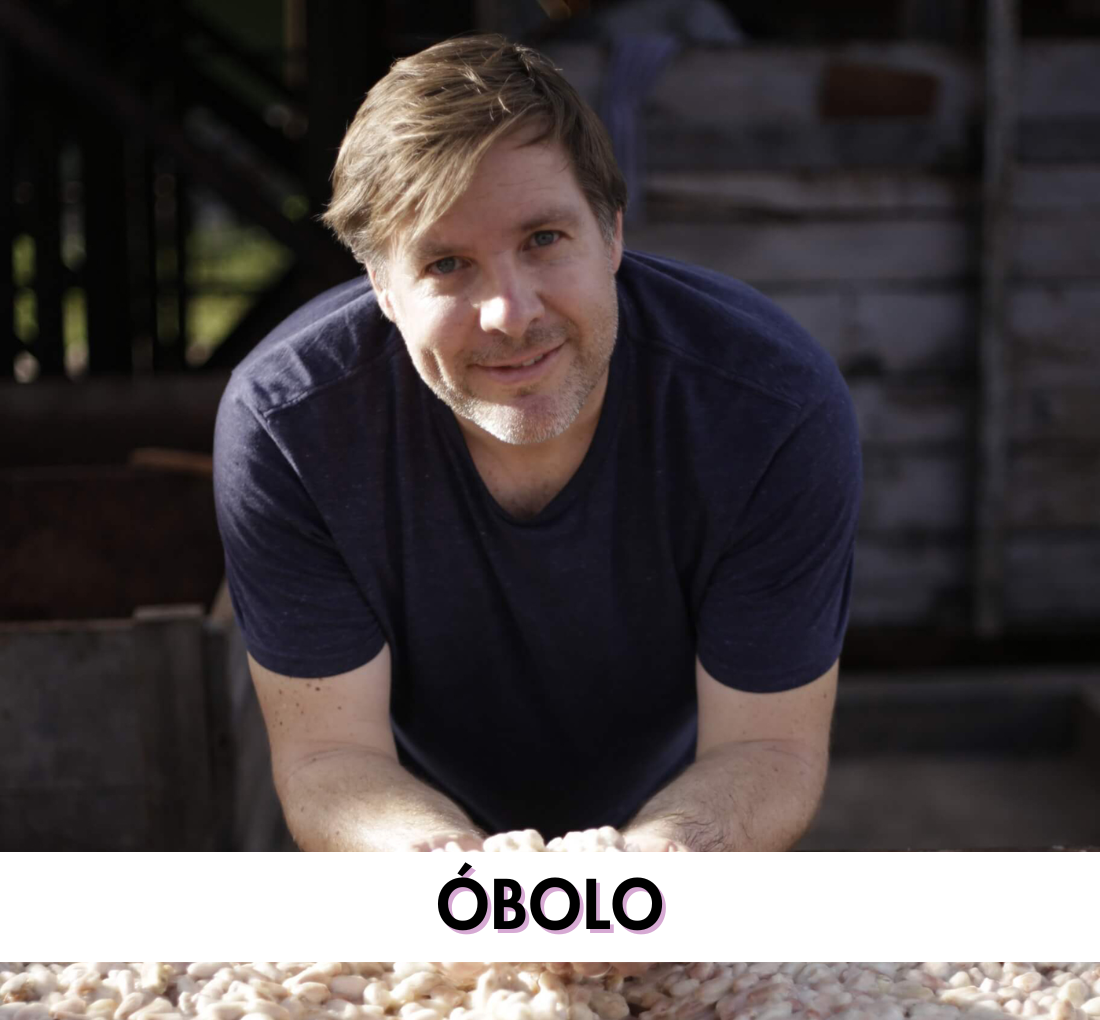
When Mark left for Chile in 2003, he had no idea his three-month vacation would turn into a decade-plus-long adventure exploring Latin America, including three years working in the jungles of Ecuador and ten years with The Nature Conservancy in Chile. Recognizing the absence of authentic, high-quality chocolate production in Chile and the significant carbon footprint of importing foreign brands, Mark embarked on a personal challenge. Drawing on his background in social and environmental ethics, he committed to sourcing beans directly from a cooperative that grows its cocoa in harmony with the Amazon rainforest's biodiversity. Additionally, he designed packaging that is entirely compostable and recyclable. Mark further expressed his love for his adopted country by celebrating its unique and traditional ingredients with a dedicated line of inclusion bars called "Flavors of Chile."
Achetez plus ÓboloJunín is a department in central Peru, nestled between the Andes Mountains and the Amazon Rainforest. In its western border the mountains are steep and snowy. Towards the east, the landscape shifts to jungle valleys and deep narrow gorges, while high altitude plateaus and mist forests. While parts of Junín experience a typically tropical climate, temperatures here are significantly cooler on average than the rest of the country, with rain occurring statistically more than once every two days. Junín's mountain valleys are rich in minerals but they are also well-suited to the cultivation of crops such as potatoes and corn. Jenín is also home to CAC Pangoa, a prominent coffee and cacao co-op with over 700 contributing members.
